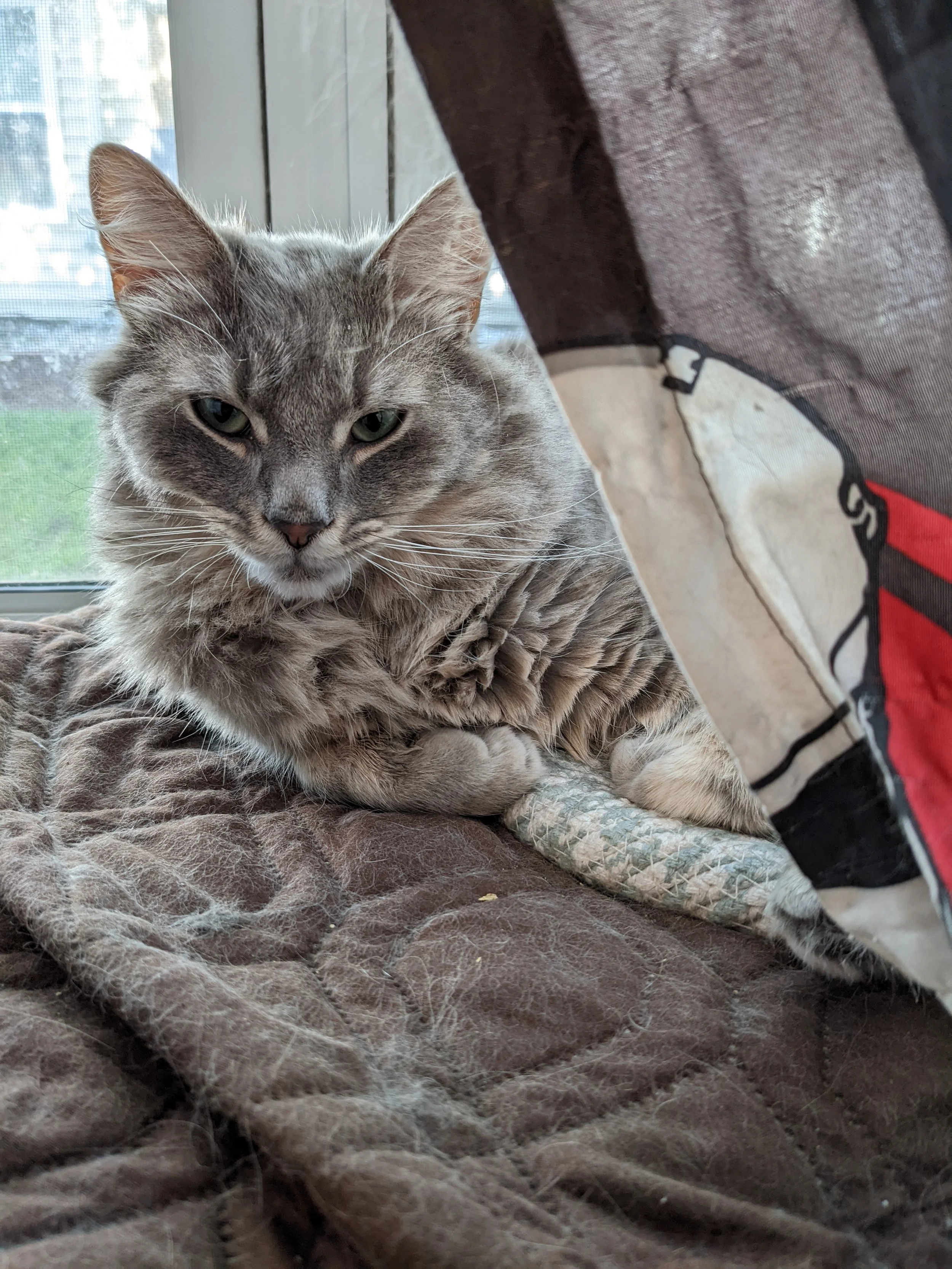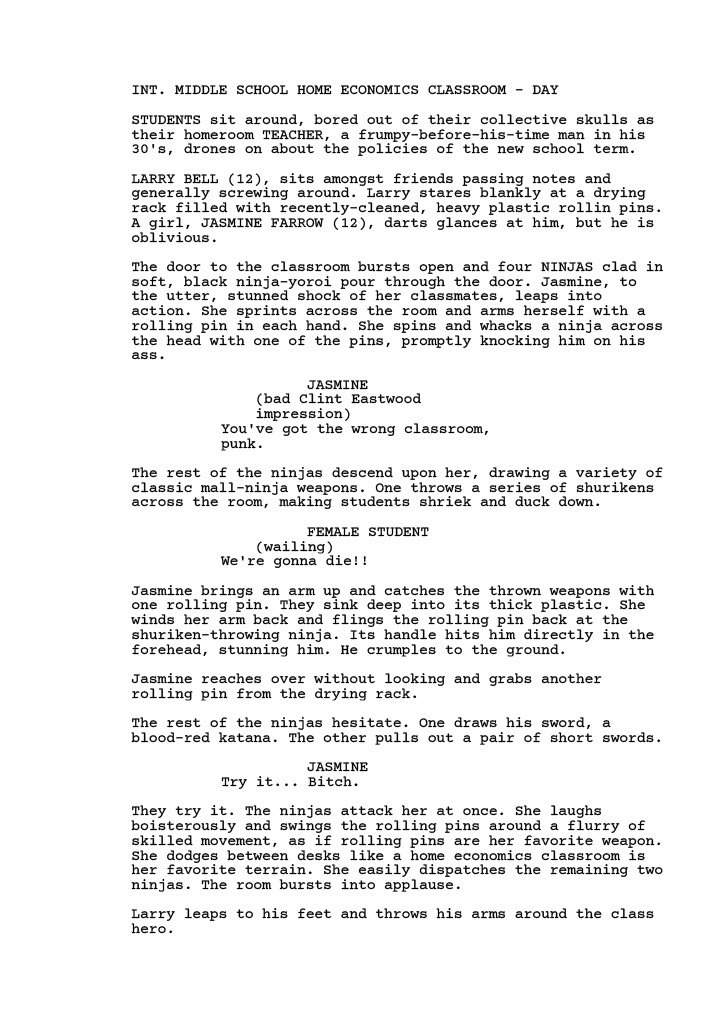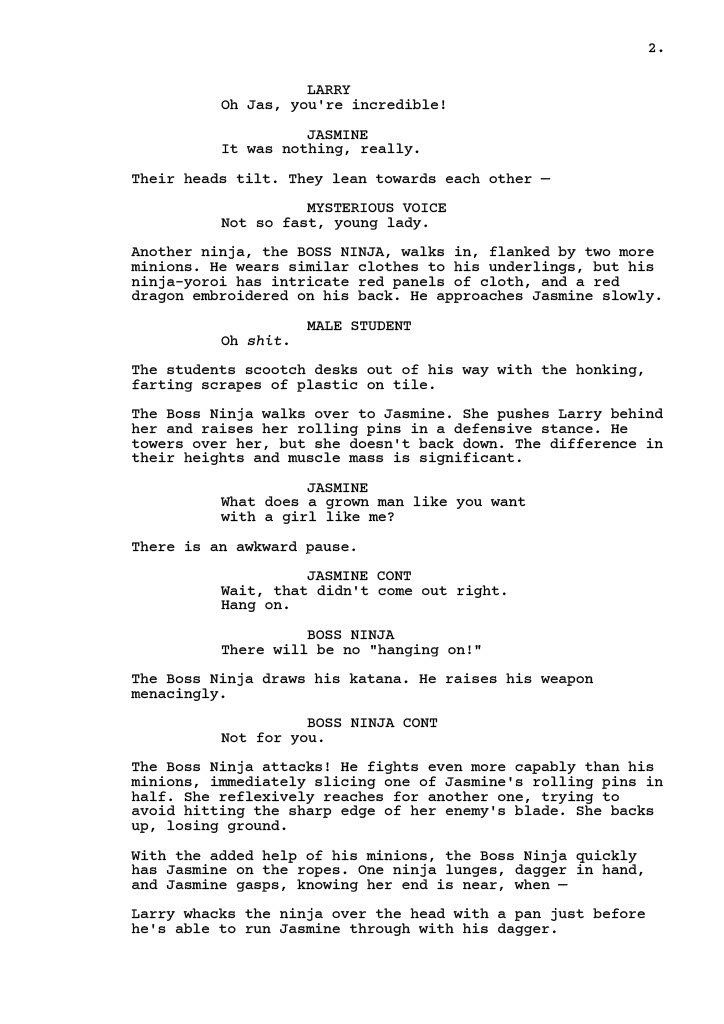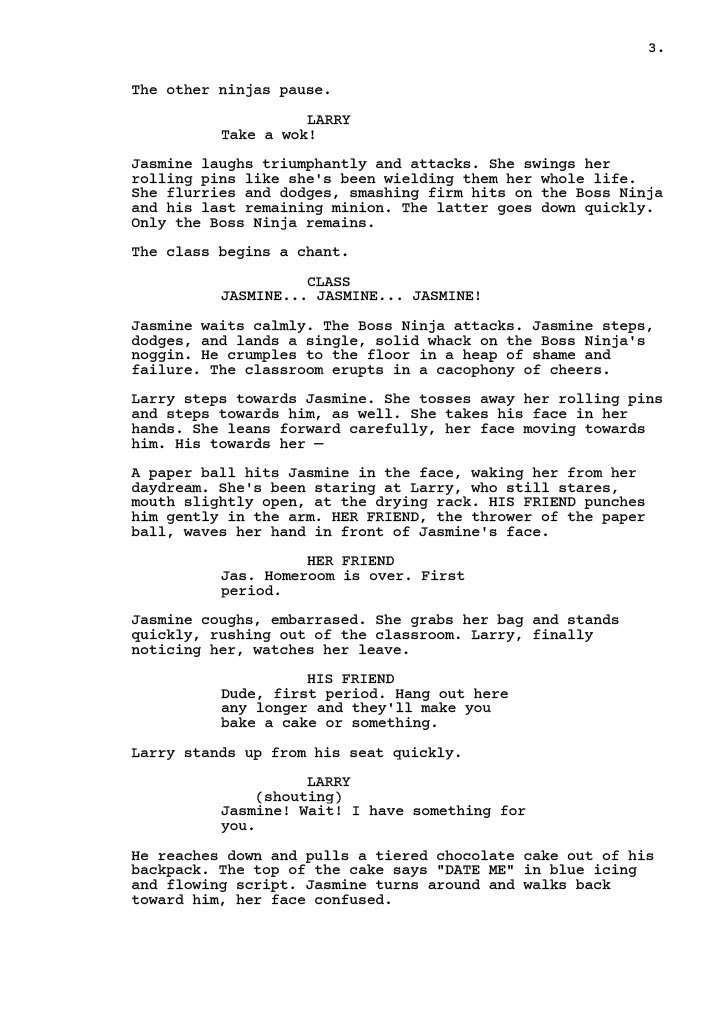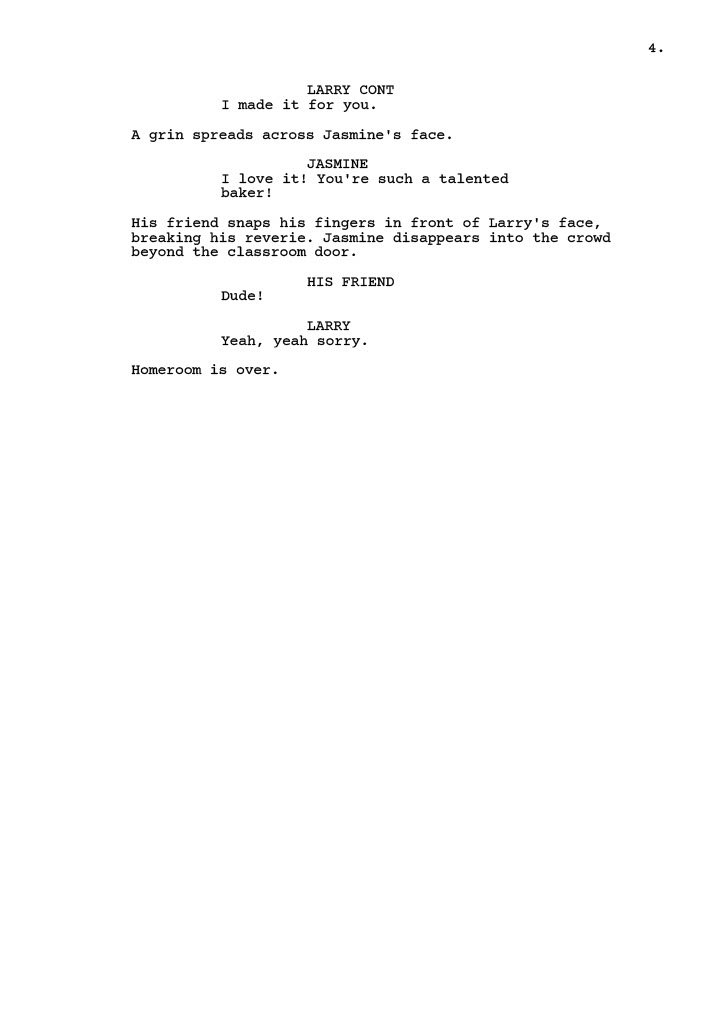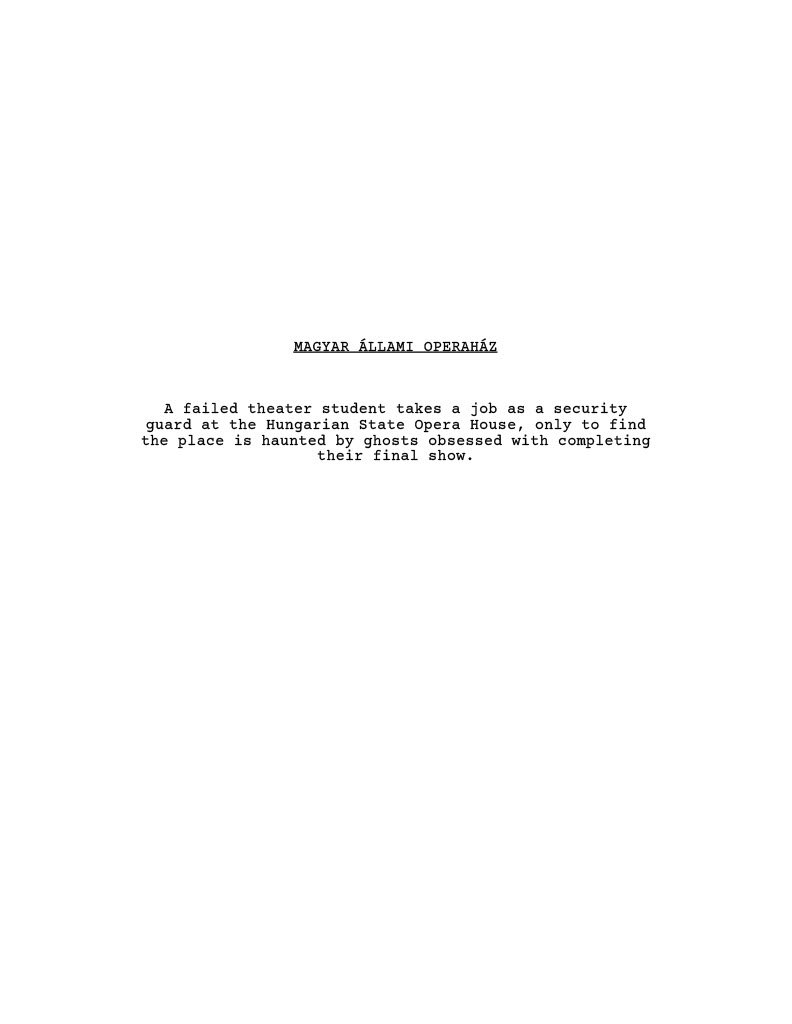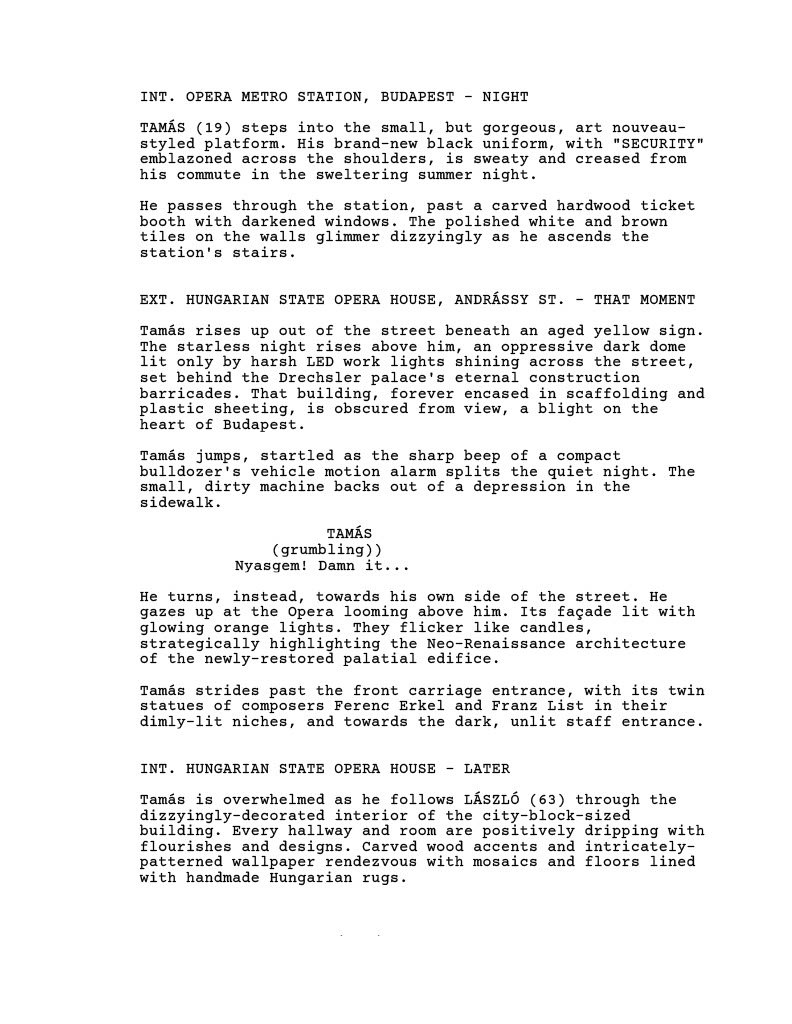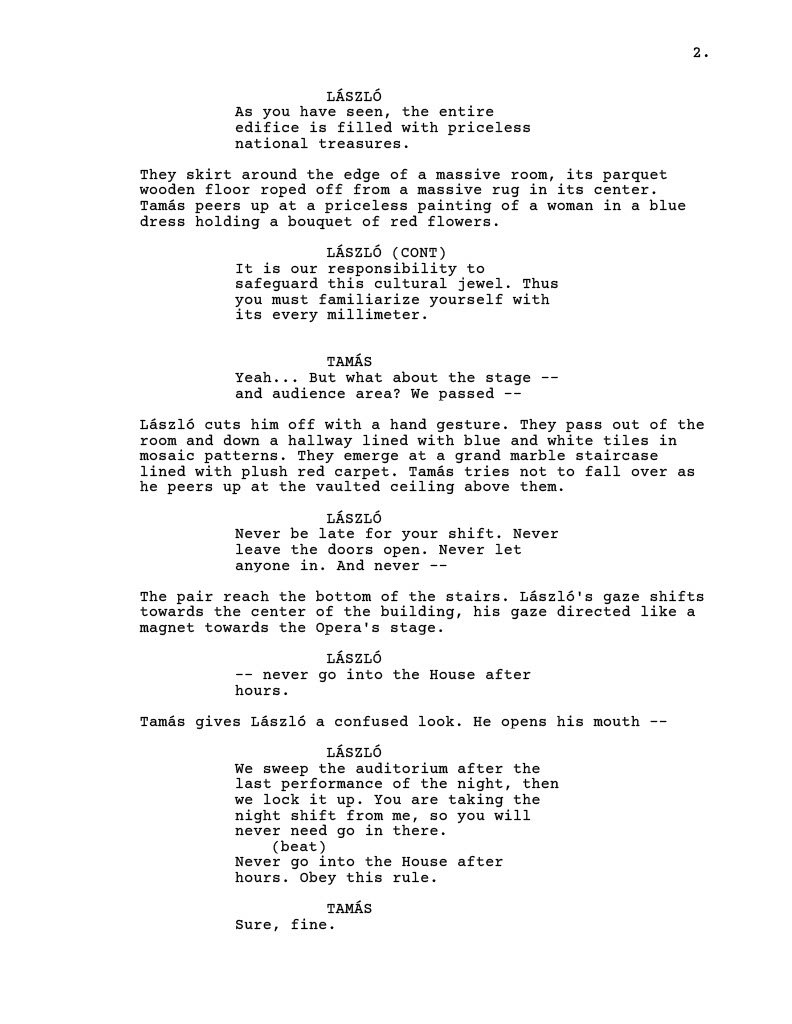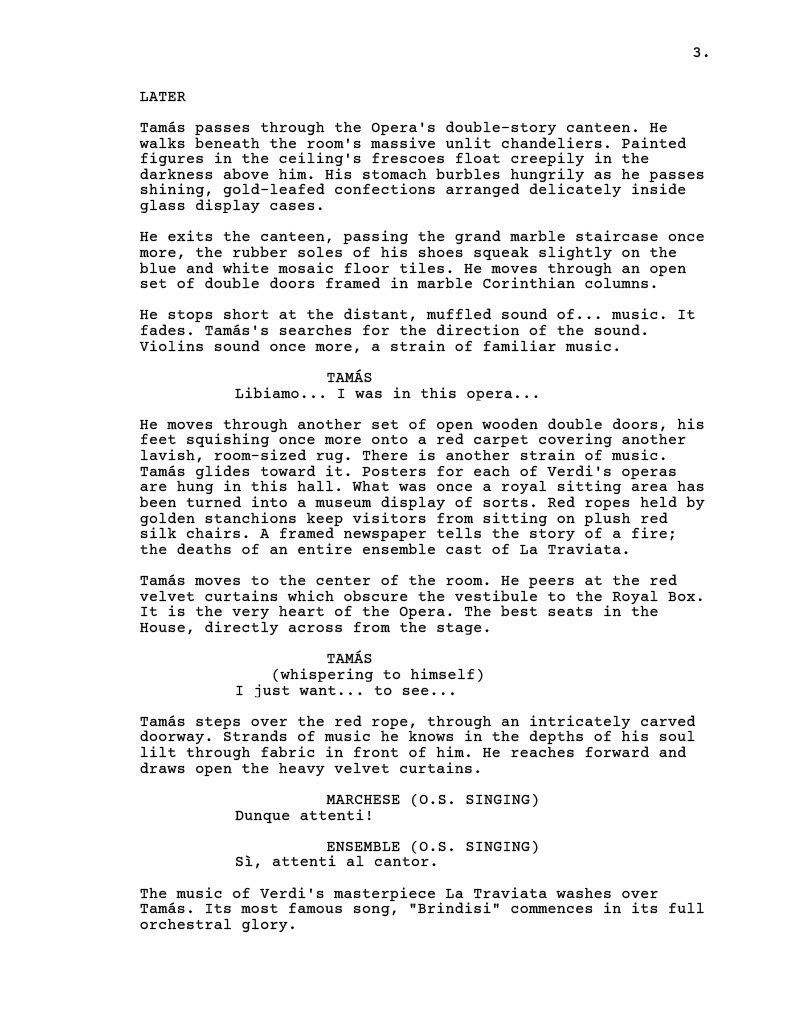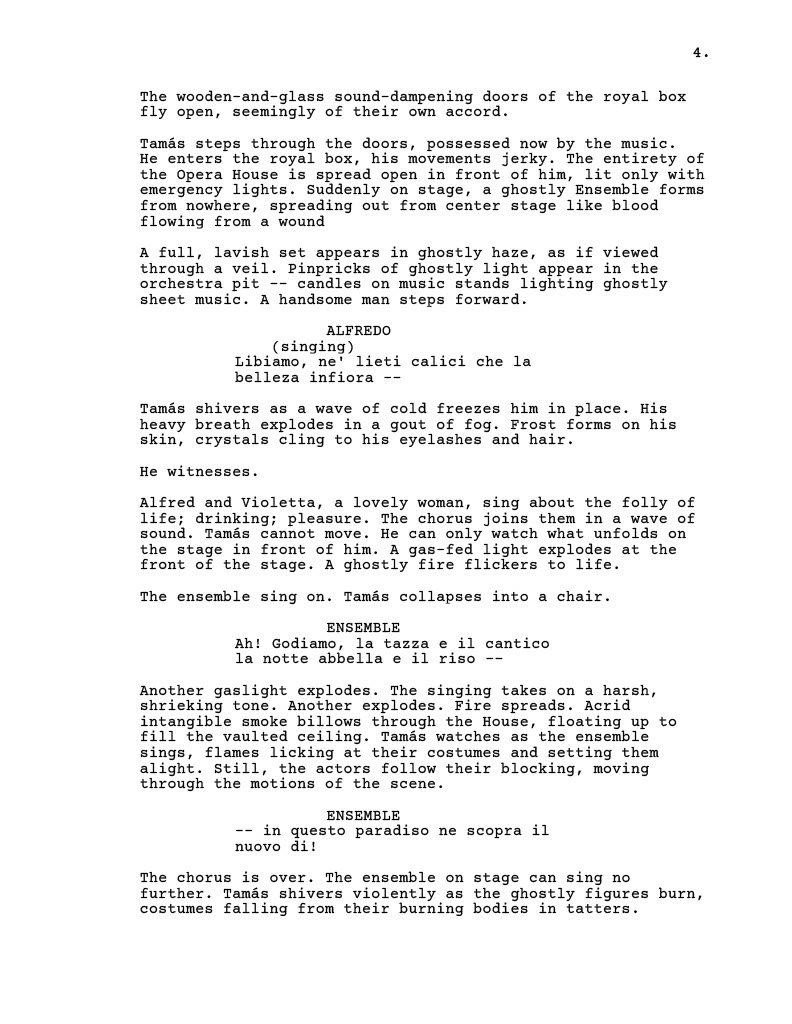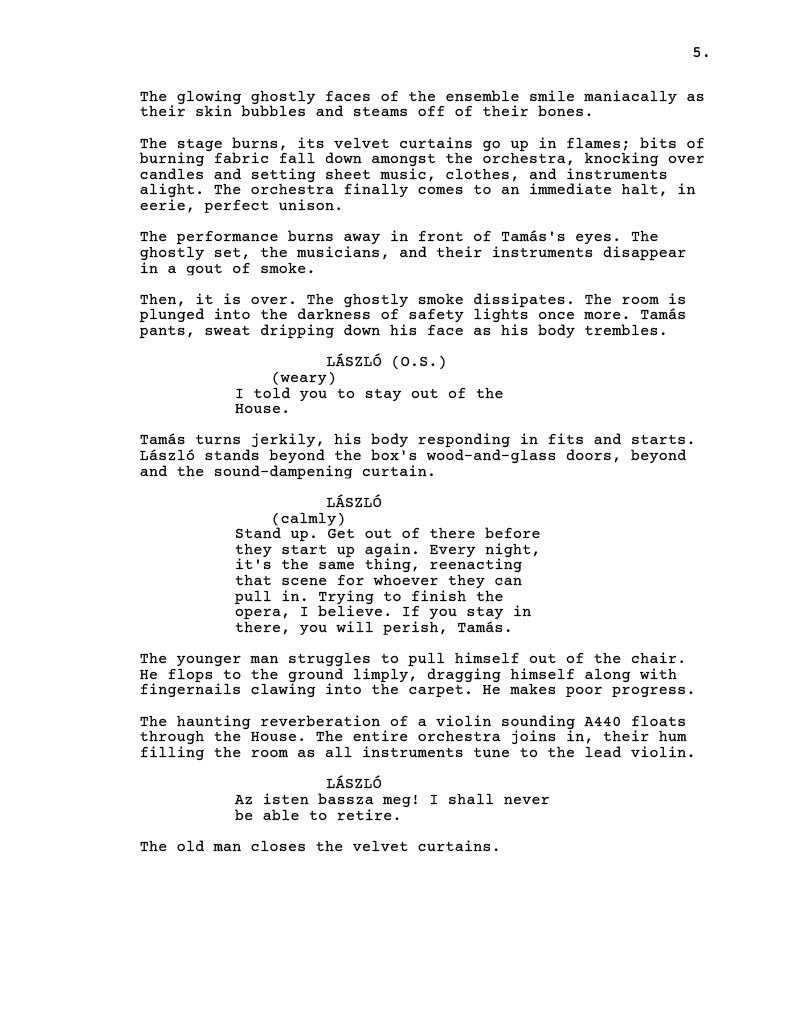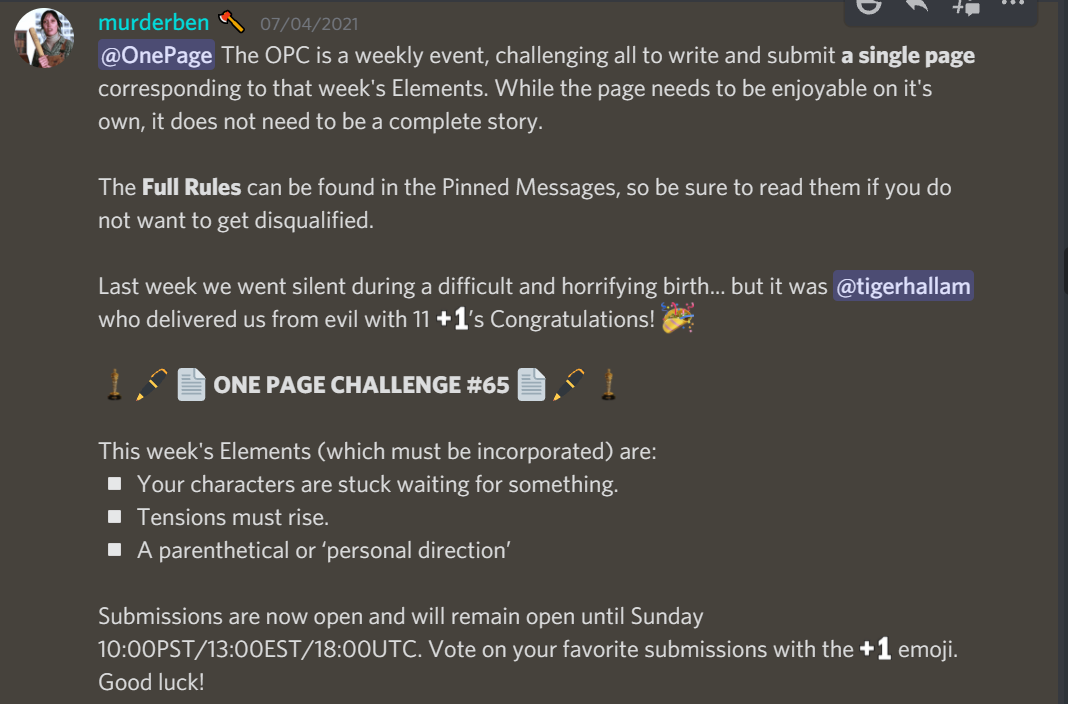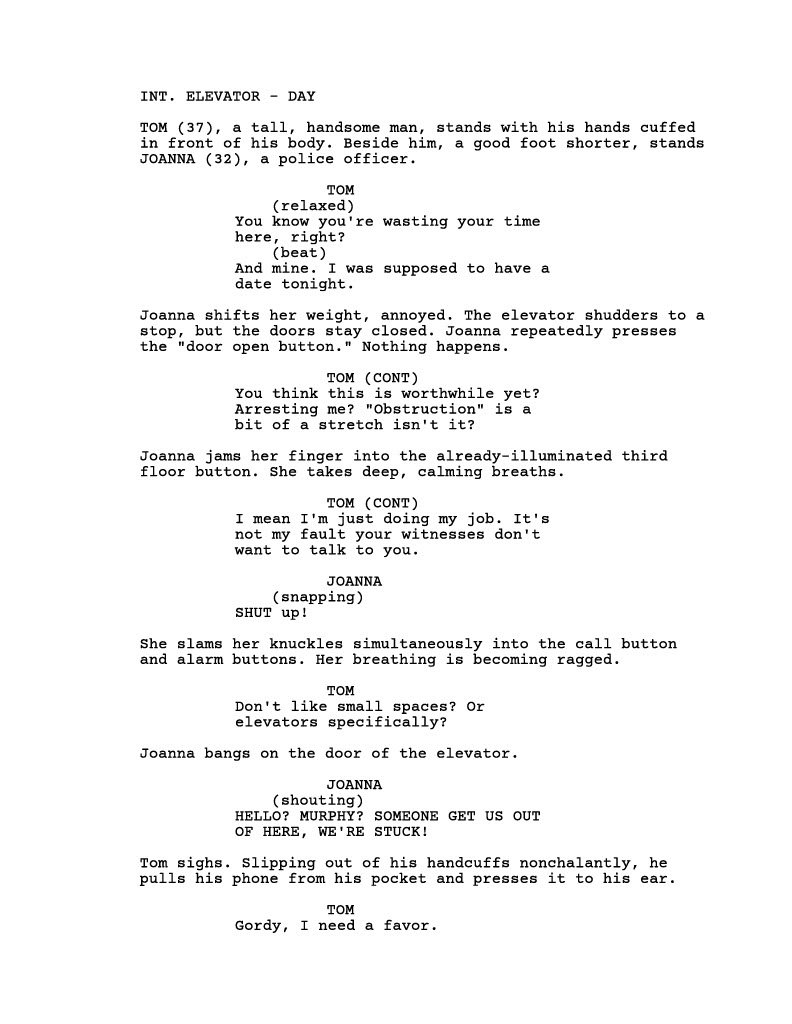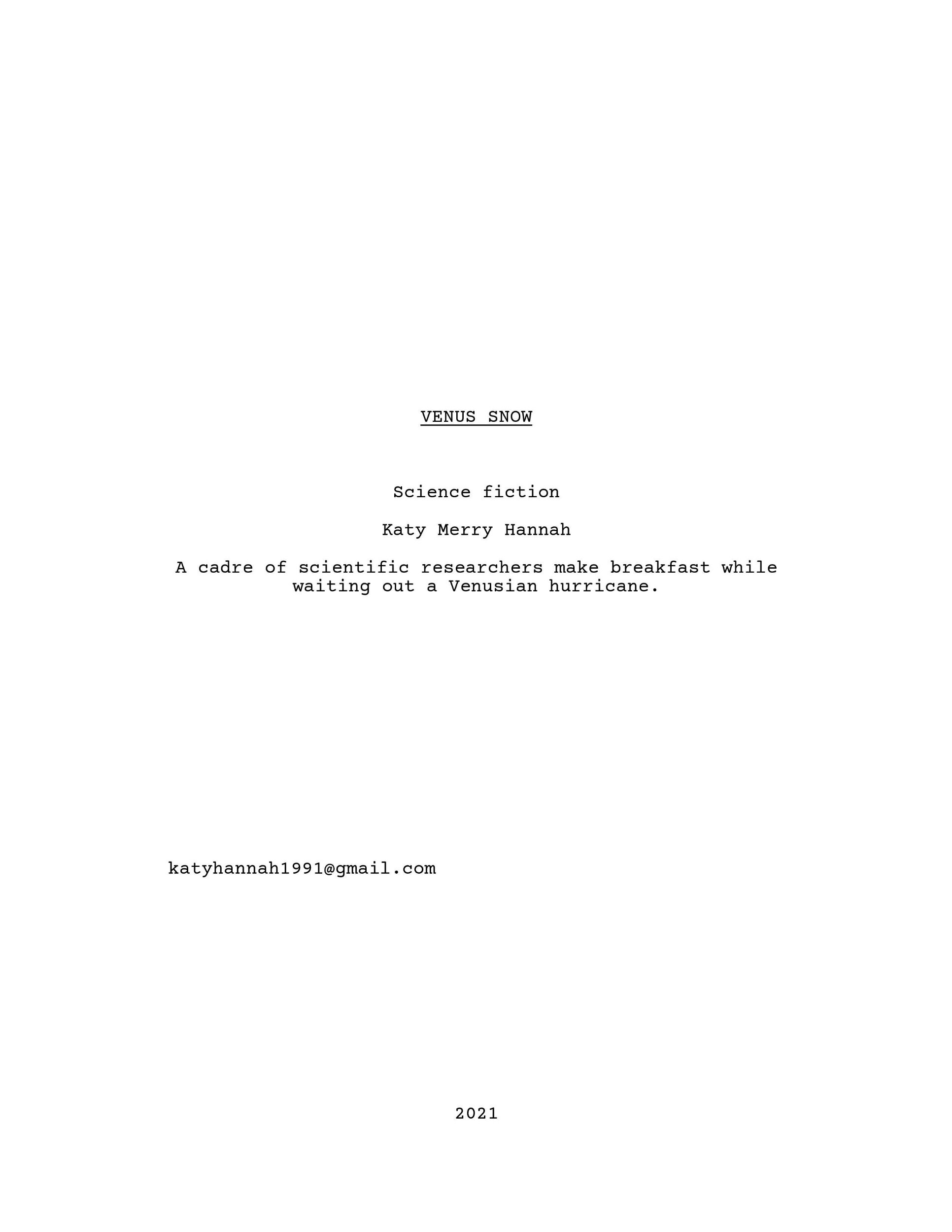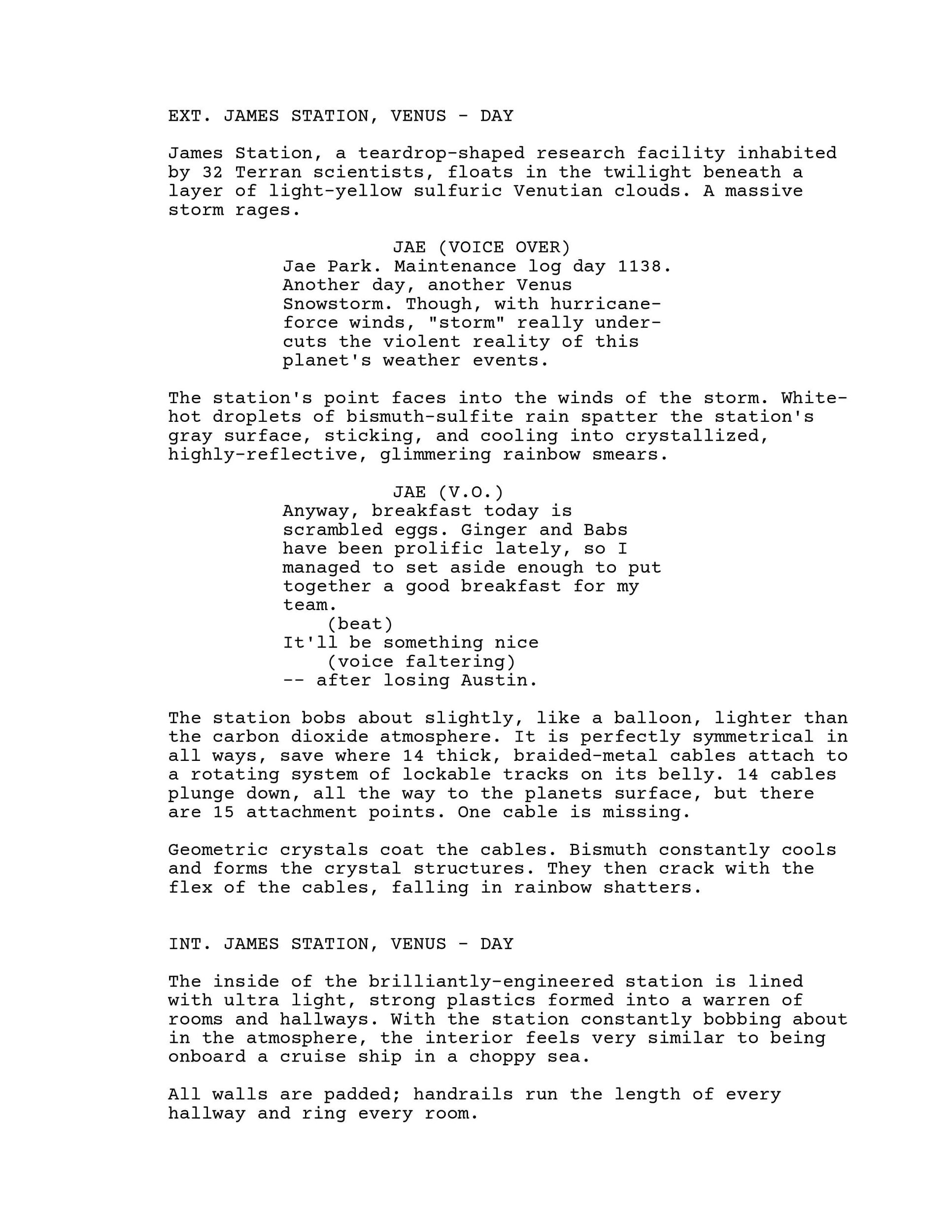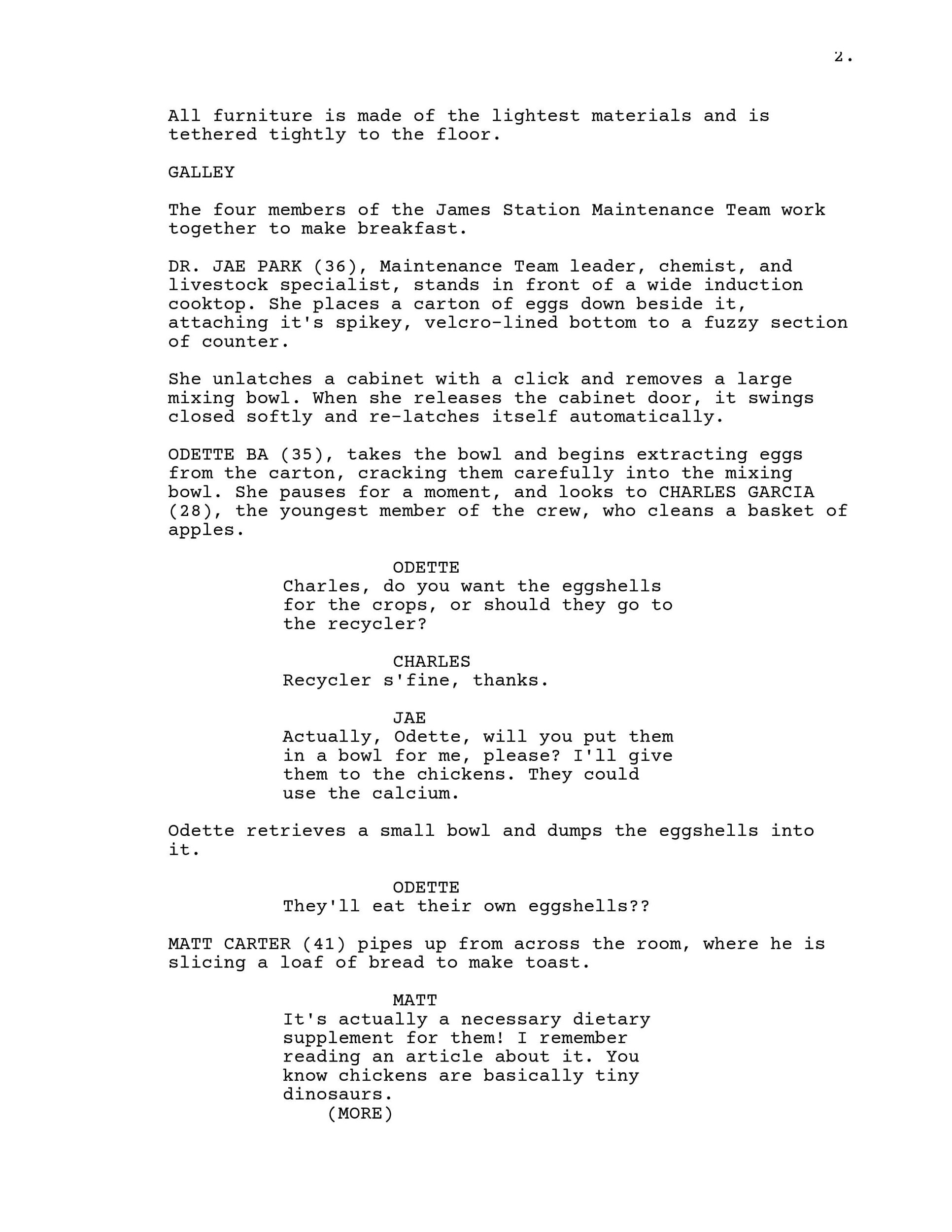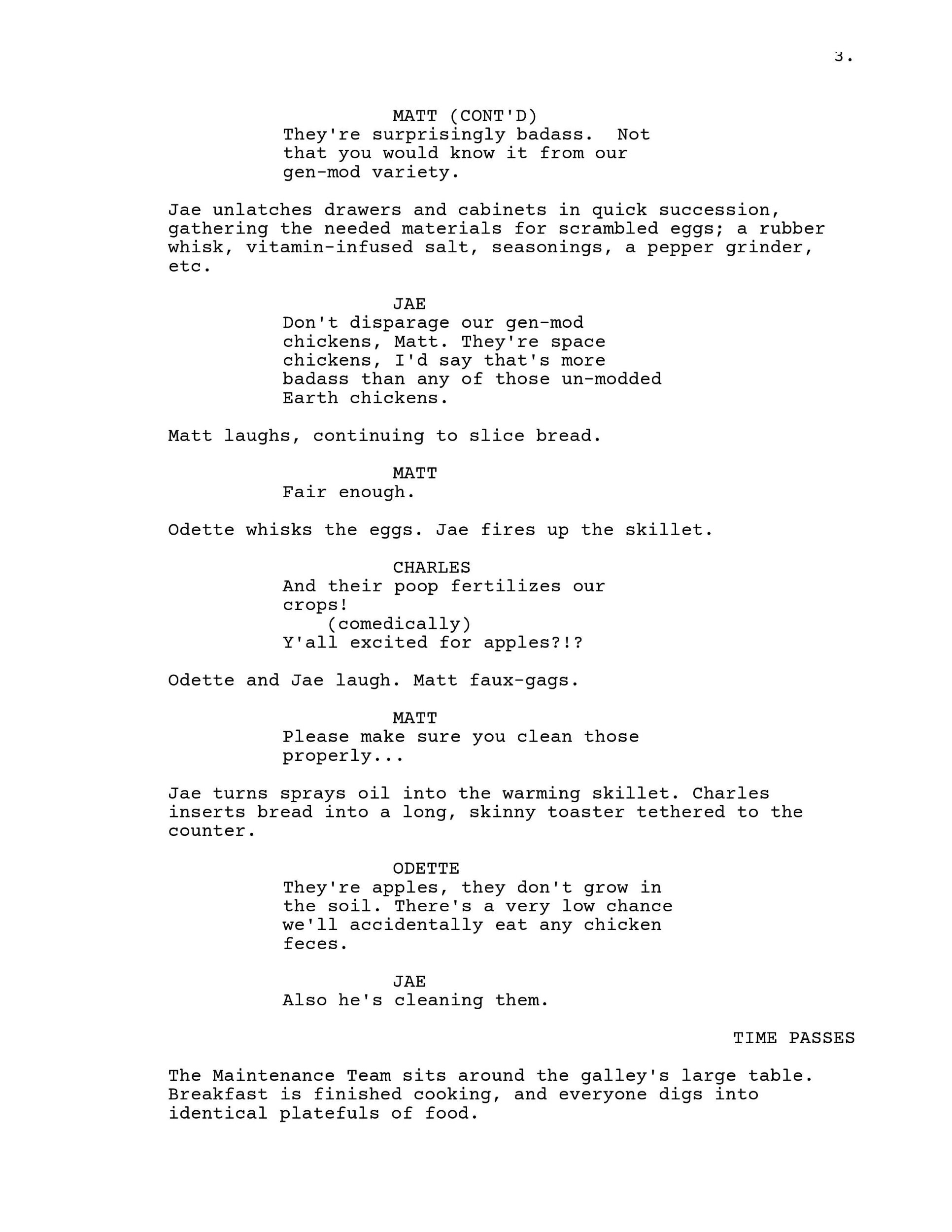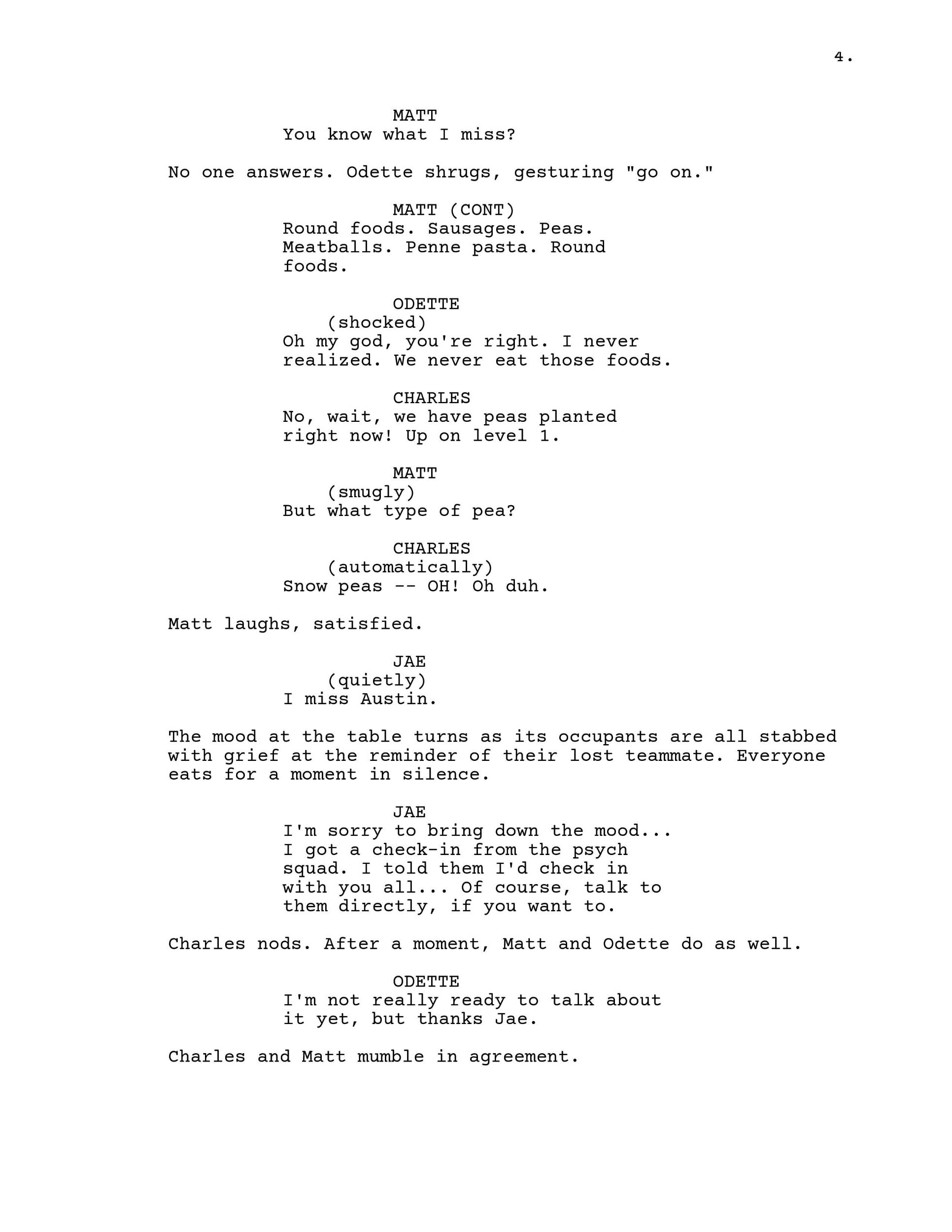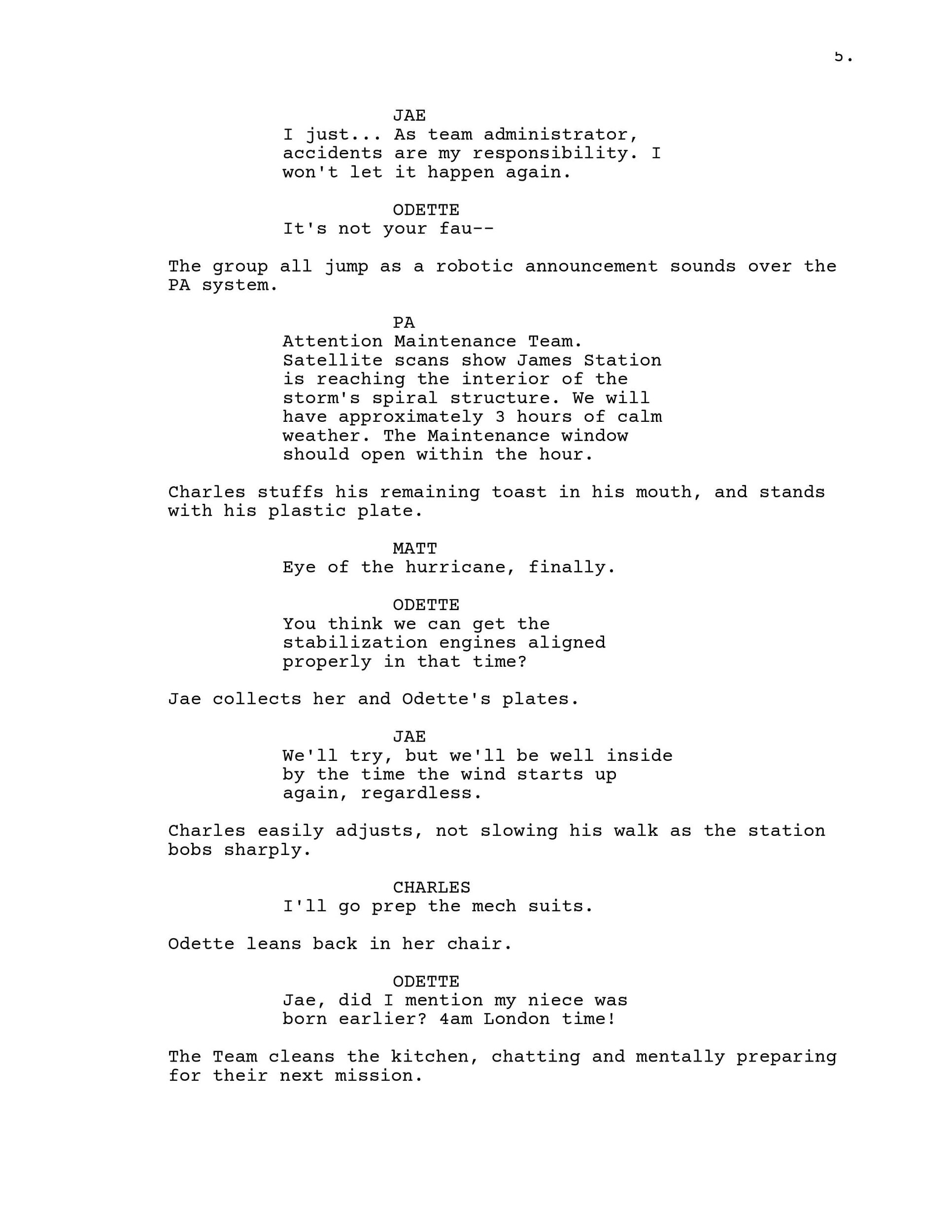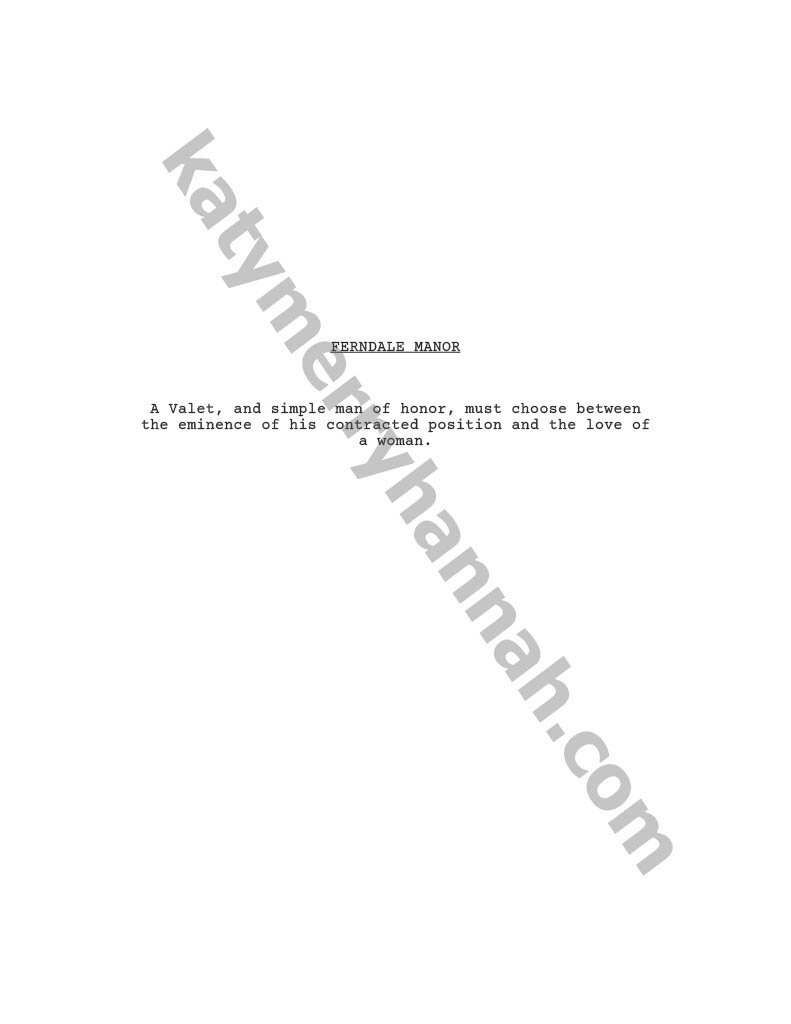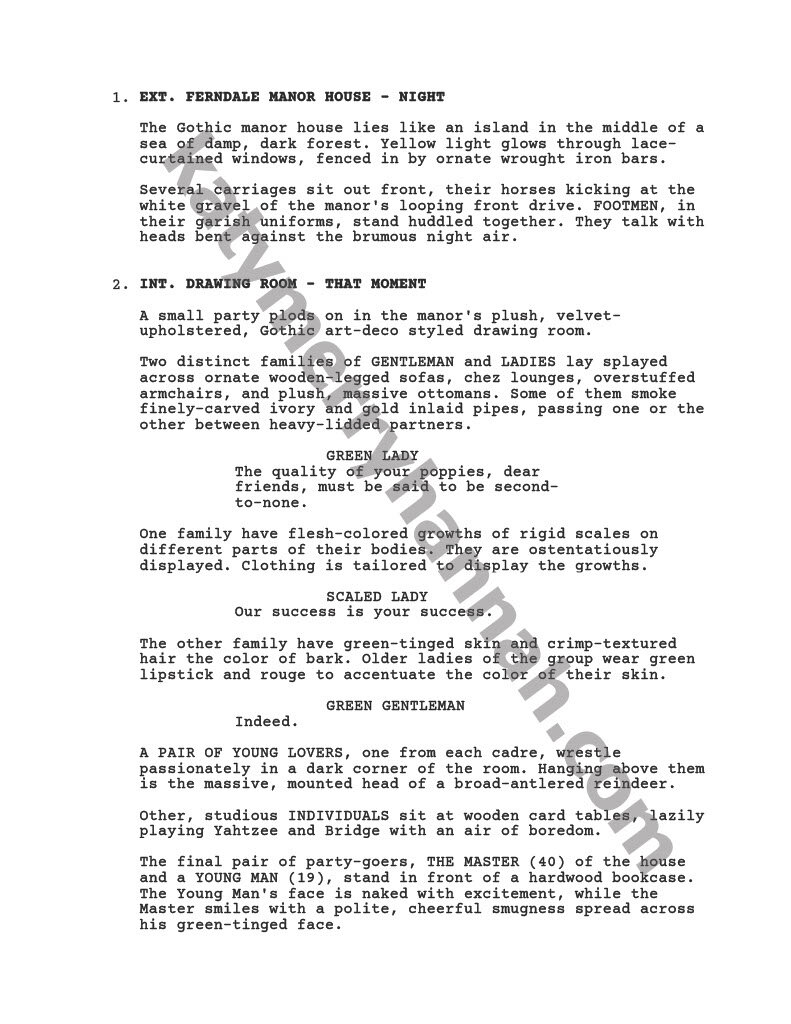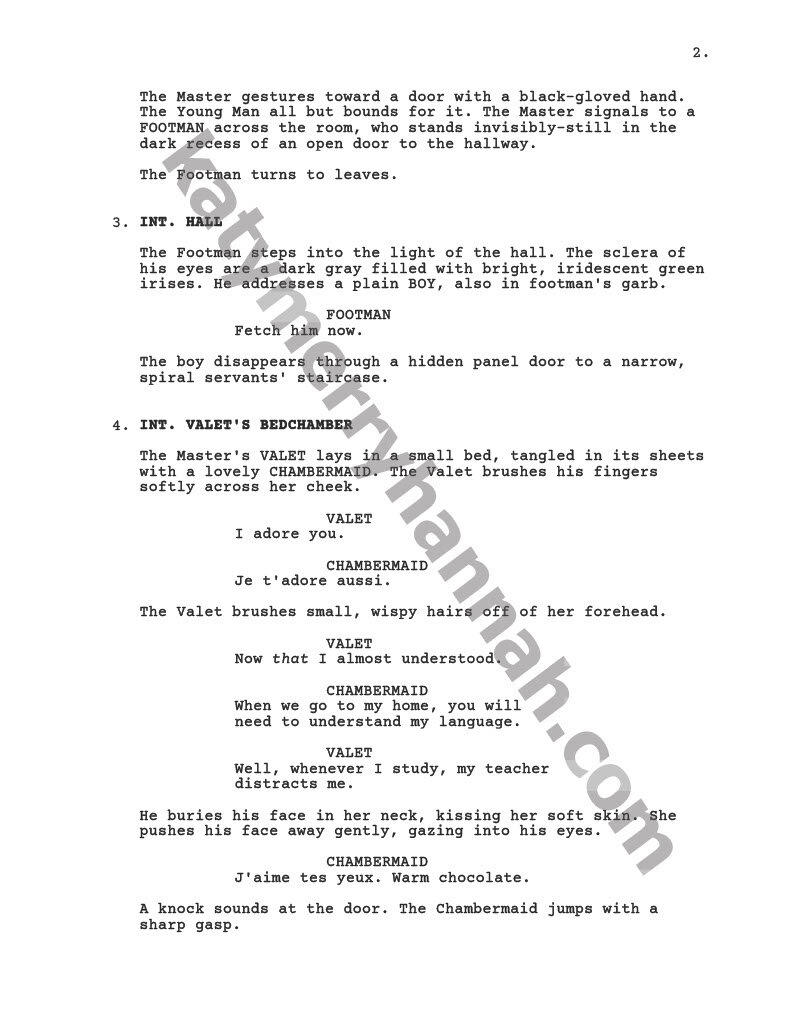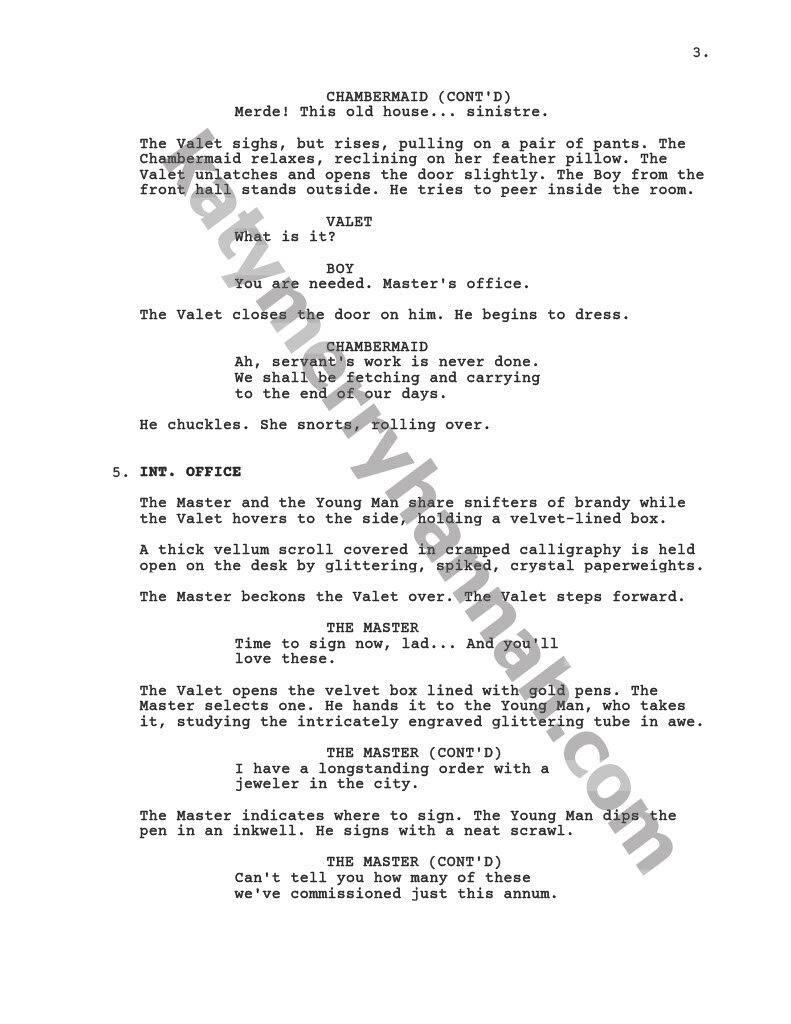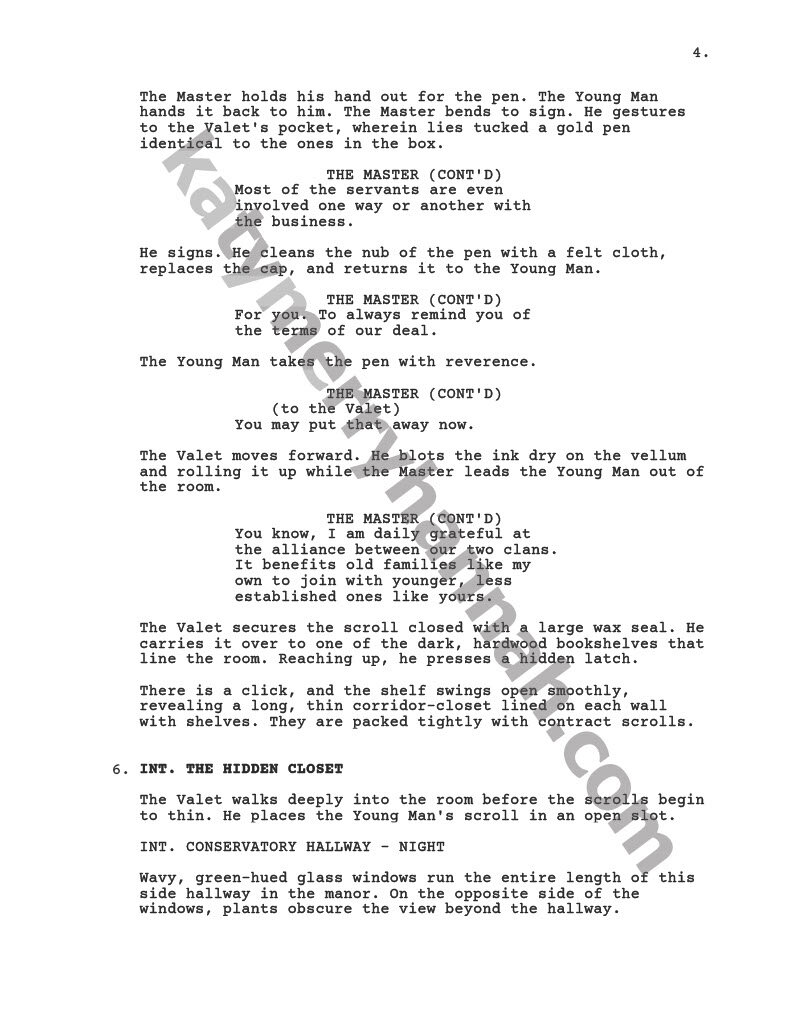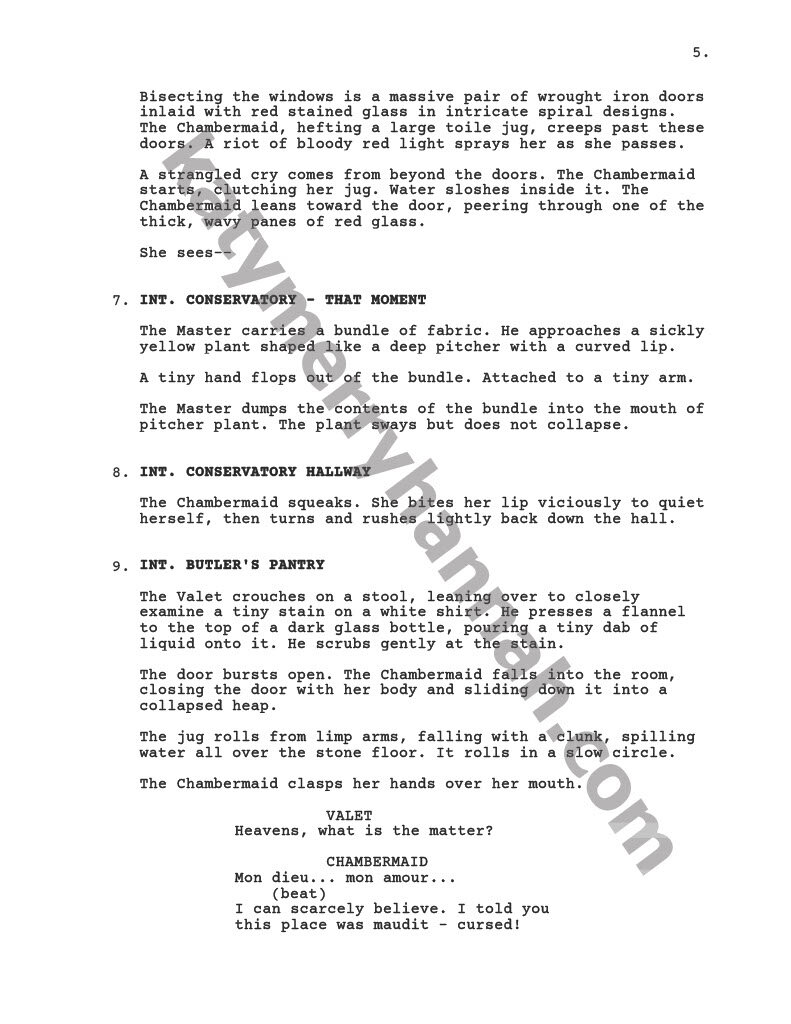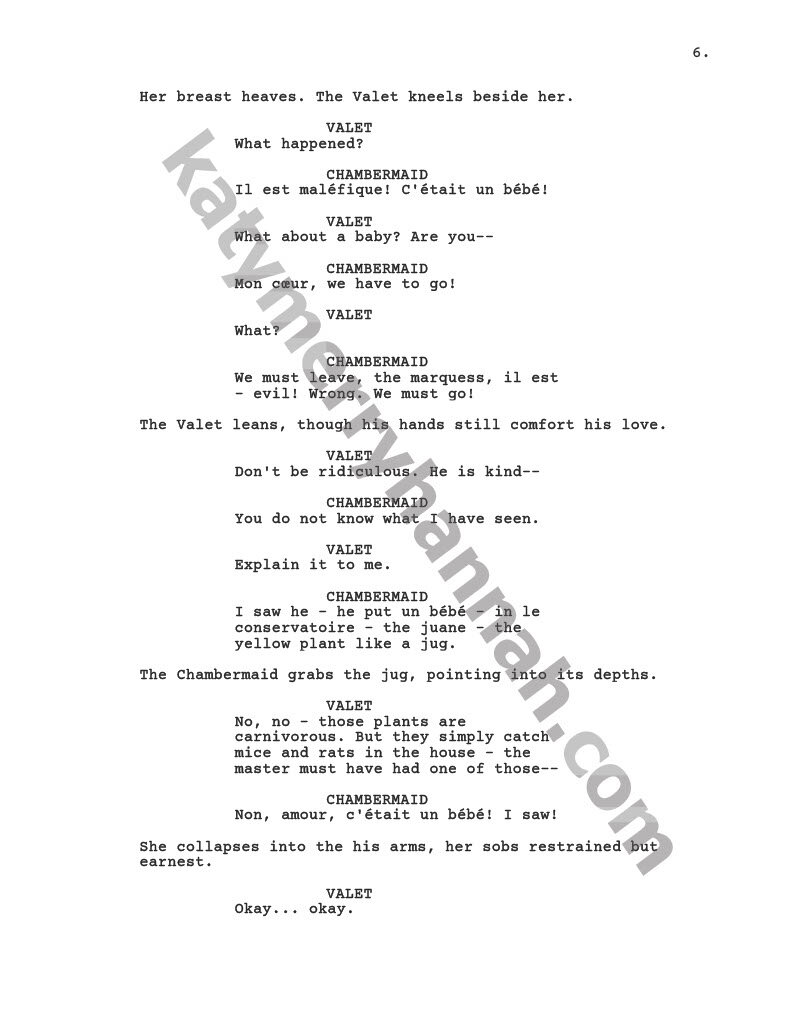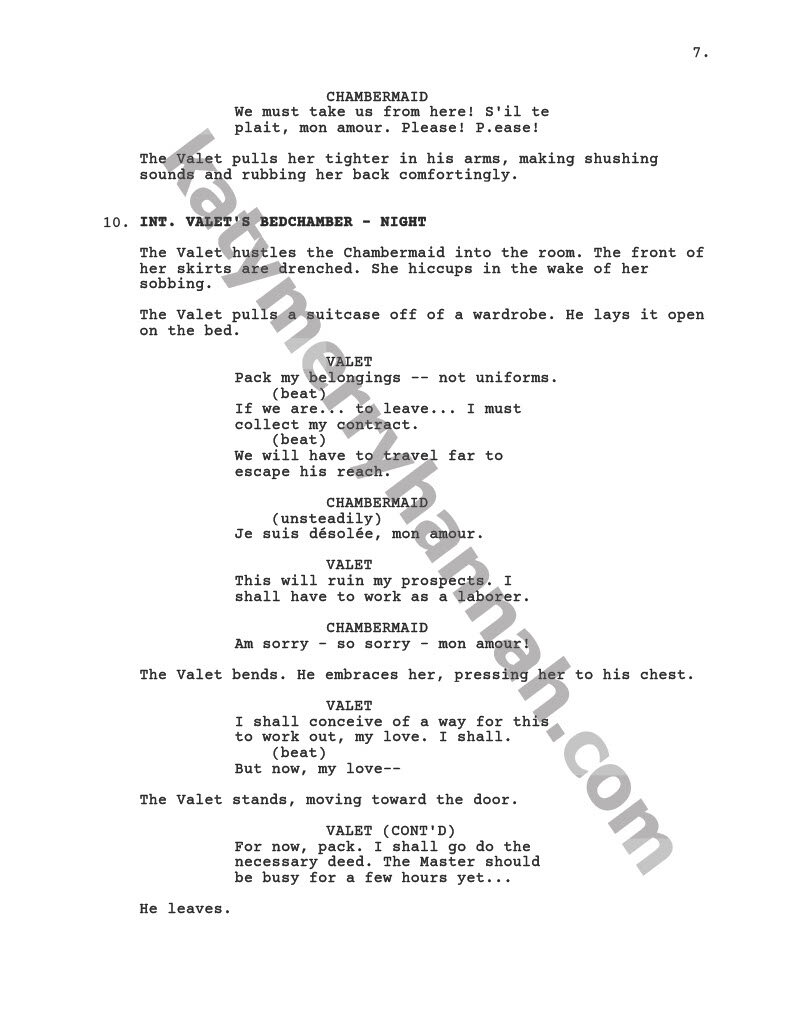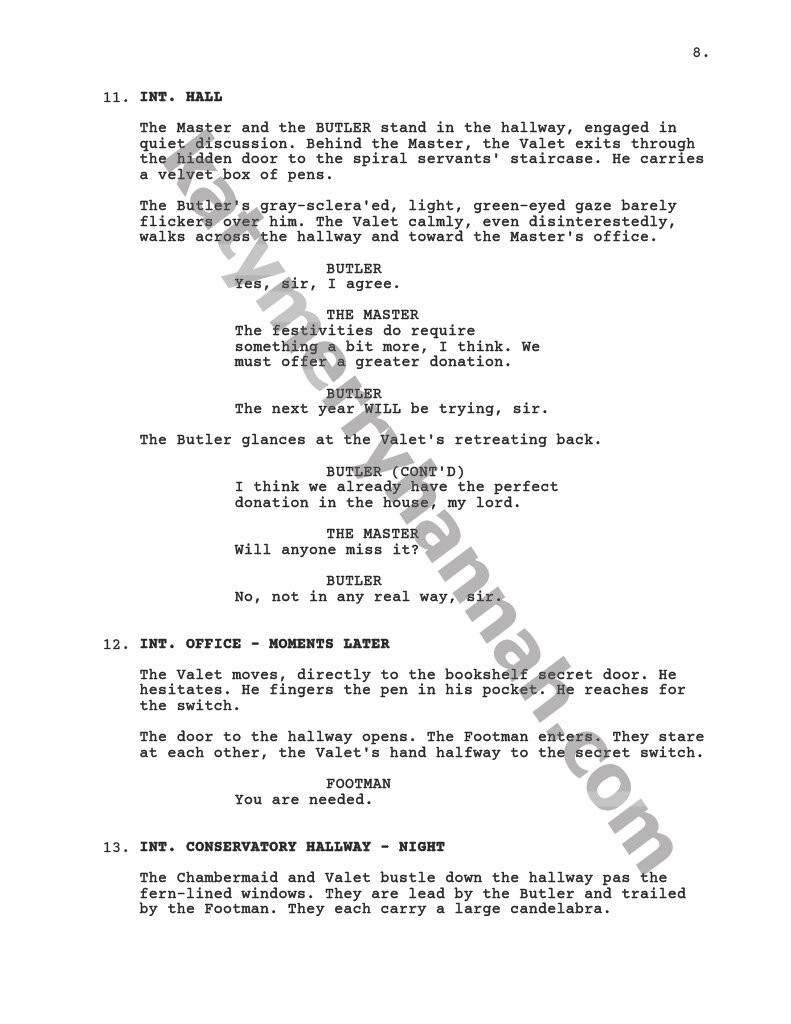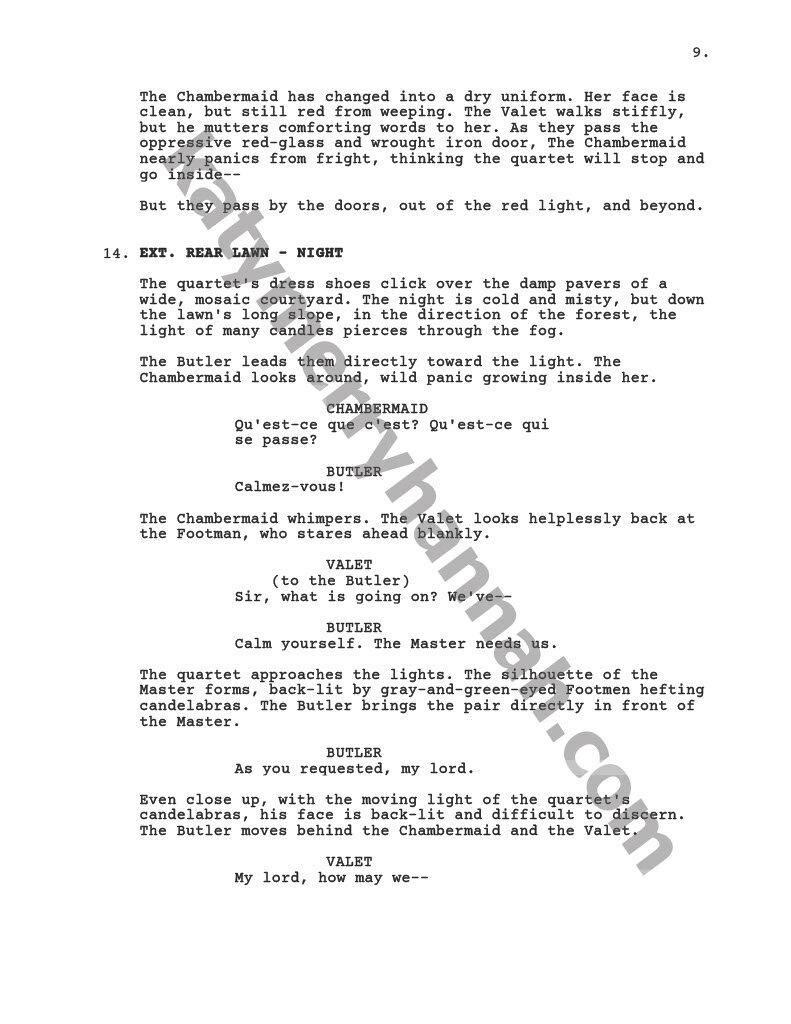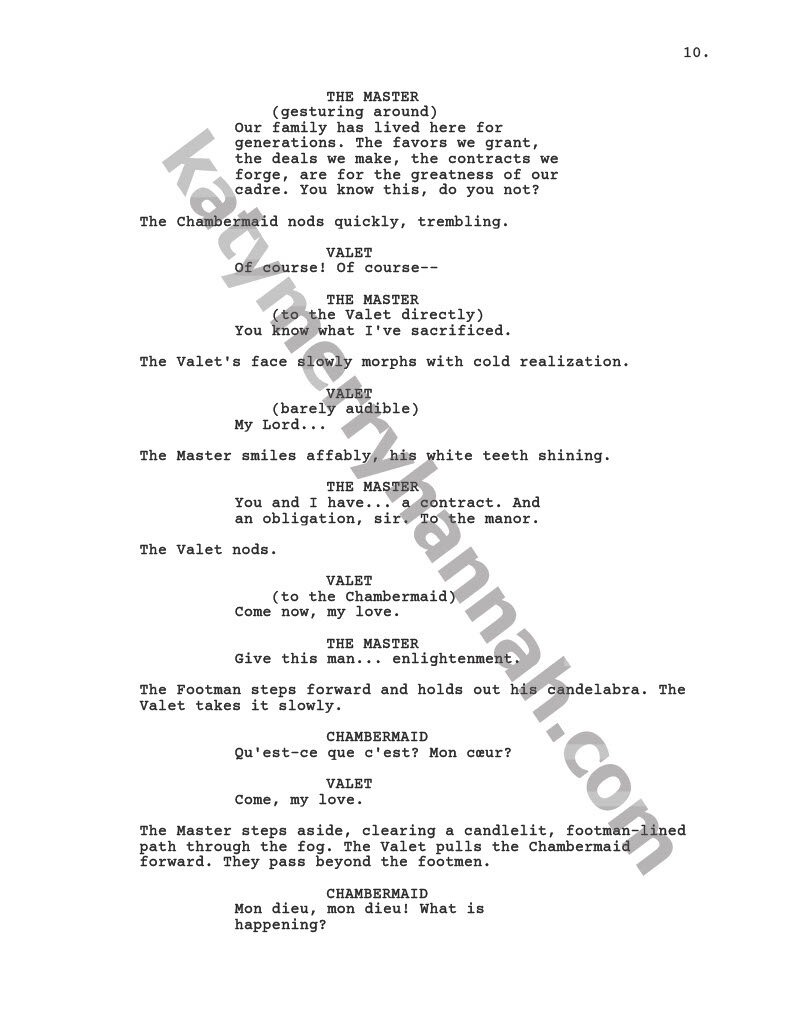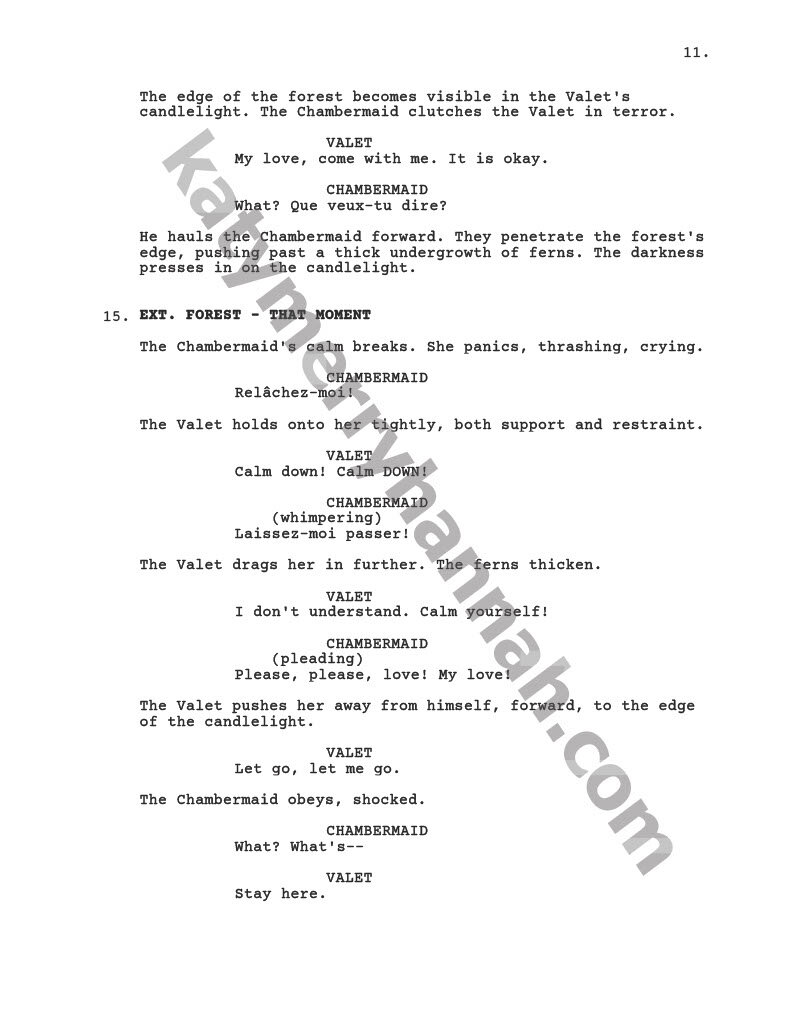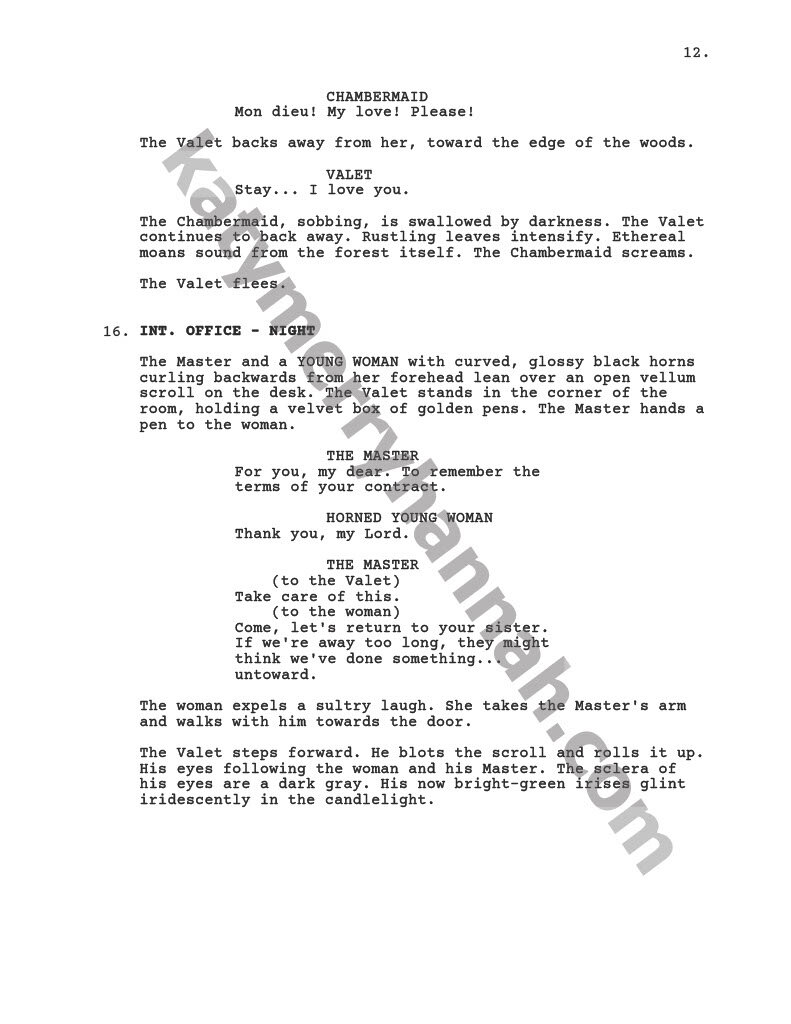Taking a full-on history of Rhetoric class was one of my favorites in undergrad. The format of the class was also fantastic — we only had one paper for the course and it was a review and overview of what we learned with some sort of argument. I don’t remember the exact prompt for the essay, but I remember loving writing this essay. All 5600 words of it. I’ll argue all day long that no education is complete without understanding rhetorical history.
Rhetoric
Katy Hannah
Prior to this class, I had no definite thoughts or opinions on the subject of rhetoric. It seems to me to be a broad, undefinable idea of which one could give examples, but no clear definition or quintessential example. Rhetoric seemed to be irreversibly intermingled with political argument and political discourse. It seemed to be more than a simple tool, but a way of expressing argument, spreading idealistic information, and especially a way to deflect negative criticism through "spin." To me, rhetoric was the use of old ideas and party lines; what defined it was its inherent use of spin to persuade and, perhaps, dazzle the audience.
I will go chronologically through the class and discuss my changing views on rhetoric. Like many of the people who have delved into this subject, I do not believe that there will ever be a universal definition of rhetoric, or a single correct rhetorical theory. The main reason for this is because rhetoric has been defined in so many different ways over the years and all of these definitions have been so often refuted that no one can trace the term back to what it was originally intended to mean. Even if one could find rhetoric's original meaning, that would necessitate the term be deemed archaic and useless to today's society. Rhetoric and language, like society, must develop and evolve to remain relevant and useful.
In the time of Gorgias, Plato, and Aristotle, rhetoric was thought of as a definable term; it meant the use of oratory to persuade. It was during this time that education was becoming viewed as the way to transfer power. People the elite did not want to rise to power were receiving educations. Though the idea that power is transferred and gained through education is practically null in today's society due to accessible education to many, especially in the United States, it is fascinating to me that the ancients placed so high a value on education in an oral society where knowledge was transferred through discourse. I would think that the transfer of knowledge would happen inherently and that rhetorical education was merely superfluous and necessary for those who wished to speak from the place of the educated elite. Rhetoric, the only available form of education, was the study of being a persuasive orator. The ability to persuade is how people gained power through politics in those days. Rhetorical education was helpful in this respect, but not necessary in the eyes of people such as Isocrates who believed that the educational part was only secondary to a speaker's natural talent. In many people's eyes, education, or the ability to use rhetoric, was power. The fact that rhetoric was associated with power early in its study, is the main point that I will take from the ancient Greeks.
In their individual theories and ideas, I am inclined to agree with Aristotle above the rest of the Greeks in his theories and applications of rhetoric. Plato flipped flopped in his views of the subject and although I admire his ability to grow in his opinions and theories, I do not think that he ever grasped the importance of rhetorical oratory in society, and its positive uses. He thought that rhetoric could be used to uplift the individual soul and get closer to the Gods. Plato's ideal use of discourse was to raise oneself and the audience up to the first order form through valuable and moral discourse, as he believed was inherent of true rhetoric. Gorgias believed that one could charm an audience through decorous, highly persuasive speeches. I believe that Gorgias would be in favor of playing on an audience's naivety in order to persuade them to a certain point of view. However, I do not think that this would provide positive lasting results for the speaker. If one were to play on the audience's fears, hopes, or dreams to persuade them to come around to one's way of thinking and if rhetoric truly had the ability to enchant and work magic on the listener, then, from my understanding, this magic and charm of persuasion would be temporary in most of the listeners. Common sense reigns supreme.
A good example of this comes later in history, with the Salem Witch Trials. Women were using persuasive speech when giving testimony against other "witches" in order to save their own lives. By passing the blame by playing on the citizens' fear of witchcraft, evil, and the Devil, these women were able to save their own lives by convincing juries of their peers that other women were witches, and that they were only under other's enchantments. The other townspeople who were involved in the witch hunt also used persuasive speech in order to continue their search for evil and to pick apart each other's lives. Arguments of ergot poisoning and mass panic resulted in mob rule aside, it was speech and oratory that fueled the trials and kept the witch hunts going as long as they did. If people had stopped talking about it, lost interest, or realized that their superstitions and accusations were unfounded, the entire incident could have been averted or stopped before so many people lost their lives to irrational fear.
I believe that using rhetoric as a persuasive tool by playing on human and society's weaknesses (the use which Gorgias describes) can be a natural reflex. The use of persuasion in tense or dangerous situations is the evolved instinctual "fight or flight" response. The uses of speech (and Gorgias's uses of rhetoric) evolved as human language skills evolved. Persuasive language is frequently more effective for changing or manipulating someone's mind than physical force. I think that Gorgias and other Sophists (whom Isocrates would later go on to critique) based their teachings of rhetorical speaking methods on their discovery of this instinctual use of speech. It makes sense that the Sophists would want to harness this ability and teach it within rhetorical education. People, when in a tight spot, can do and say very creative and powerful things. Even when people are not emotionally compromised or in danger, they are able to persuade and to be persuaded because we all have underlying fears and concerns about life and society which, if were are not vigilant, can be exploited.
Aristotle presents the idea that rhetoric, while being a tool, should be used in a moral way to uplift, not only the speaker and the audience, but society itself. I agree with his ideas that rhetoric is not inherently good or evil, nor a single type or means of persuasion. His opinions on the use of rhetoric, saying that it should be used to come to practical decisions about clearly definable subjects, differ from mine, in that I would not separate rhetoric from dialectic. Dialectic was the discussion of philosophy and the search for the ultimate Truth. In today's society, we do not believe in an absolute truth, we believe that truth is relative. I believe that rhetoric can be defined as dialectic, or, in Aristotle's day, persuasive dialectic. When one is persuading another to understand their personal philosophy on life, they are speaking of a logical argument about philosophy. The difference between rhetoric and dialectic, I believe, may be reconciled. Rhetoric does not have to be completely logical, it can be based in opinion and emotion, but dialectic does not have to be merely logical or scientific, it can be persuasive. This is especially the case because one's views on philosophy are often things of great personal and emotional value. We argue and attempt to persuade others in favor of things which we find valuable.
Another thing which I find very valuable about Aristotle's writings concerning rhetoric, is that through his outlines of what makes a good speaker, he practically lays down the groundwork for the study and analyzation of public speaking as we know it today. He presents proofs and persuasion as inartistic and artistic, which places agency on the speaker to use available information, and to present it to his audience in a convincing and interesting way. His presentations of the ideas of Ethos, or credibility, in a speaker are revolutionary. We now know that credibility is a fundamental need for any speaker who wishes to be relevant, heard, and accounted. Aristotle also presents two important ways to draw conclusions within a speech: inductive and deductive reasoning, and he does this through his two types of logos, enthymeme and example. Making your audience use their reasoning skills improves the quality of the speechand will make them remember what you say for a longer period of time causing them to be more likely to act on what you say.
One of the most valuable things that Aristotle presents as an ideal quality of the orator is pathos. The speaker must not only feel emotionally connected to what he is saying, but to also persuade; the speaker must effectively convey these emotions. This is an important note on rhetoric: if one does not truly feel the emotions they are attempting to convey, they will not succeed, and their message will ring false to the audience. "Rhetoric is useful because things that are true and things that are just have a natural tendency to prevail over their opposites," --Aristotle.
Cicero lived in Rome on the cusp of the Roman Republic and the Roman Empire. He is important and influential to my ideas on rhetoric in the fact that he laid out the Five Canons of Rhetoric. I believe these are a crucial step in the history of public speaking. They are still a relevant and effective tool used in oration today. (Though, I must branch out and say that they are also an effective tool for persuasive writing.) Cicero had little beyond this to contribute to rhetorical theory and analysis; however, he was greatly influential in developing ideals on how to use rhetoric and persuasion. Cicero was greatly dedicated to the restructuring of and return to traditional Roman democracy over the oligarchical and corrupt government in which he lived. He believed that rhetoric should be used by wise politicians for the good of society. It was his belief that society could be changed and remade through elegant, wise and persuasive speech.
I greatly agree with Cicero's assertions that speech and rhetoric should be used for the benefit of society, and am inclined to believe that when he says the ideal speaker is both wise and eloquent, that he is referring to the long-held Aristotelean belief that the wise speaker who speaks honestly and from the heart will prevail. Cicero seems to believe that if one speaks the truth from a place of wisdom, they can change society. This would account for the fact that we are more inclined to trust politicians with age and experience. It makes sense that these wise orators (politicians) would be able to question the status quo eloquently and persuasively to an audience and thus move the status quo back to a more fair and just place. Of course, this would be a utopian society, and Cicero was not living in one. He was therefore killed for his negative views on Roman society moving toward elitism and empire.
After Cicero, the next notable and influential on my quest to define rhetoric is Quintillian. He presents some important ideas about rhetoric. Firstly, he mirrored Cicero's beliefs that rhetoric should be used for the betterment of society but presented this idea under the benefits of rhetorical education. Quintillian said that a moral rhetorical education was necessary for the glory and betterment of Rome (suggesting that Rome needed to be bettered). This was an indisputable idea at the time (the betterment of Rome), though his contemporaries must have suspected his desire for the return to a more democratic form of government. Quintillian is harkening back to the idea that education facilitates the transfer of power. If the Roman citizenry was learning to be moral, fair, and just, as well as persuasive, it makes sense that they would take the power of their education and shift the government in a more fair and just direction. Education is power, and Quintillian wanted to give a good education to students, therefore giving them the power that was being taken away from them via the bad education which they were receiving under the eye of the Roman Empire. Quintiallian disagreed with the fact that he was being forced to teach obedience under the guise of a rhetorical education.
The Cicero and Quintillian era through the middle ages is interesting to me because these people were not attempting to define rhetoric, they were attempting to define how, when, where, and to whom rhetoric should and could be used effectively. It is in this era that we shift from rhetorical theory to people arguing for their rights to use rhetoric and persuasive speech. This was an era of oppression in which oppressed peoples were asserting their right to use rhetoric.
After the Roman Empire fell and Christianity rose to prominence, there was a slew of rhetorical "theorists" all asserting their ideas on the subject and their right to use rhetoric. During the middle ages, Renaissance, and Enlightenment there was Augustine, Christine de Pizan, Erasmus, and Margaret Fell, all of whose ideas revolve around the fact that they lived in Christian society and viewed their lives through the lens of their religion. In my view of rhetorical history, the only person whose ideas I believe were particularly important to the development of rhetorical theory is Erasmus. Augustine presented the idea that rhetoric could be used in conversion. Pizan wanted women to receive rhetorical educations in order to persuade their husbands and children to make good decisions and be moral within the female arena of the private sphere. Margaret Fell argued for women's rights to speak in church. Erasmus was the main person who presented new ideas to the world of rhetoric, and introduced important notions to the world of public speaking.
Ideas reflecting humanist beliefs were revolutionary. To me, it is Erasmus's widespread and accepted humanist ideas that were the impetus for the whole direction of rhetorical theory in the future. Humanism in the Renaissance period was essentially the empowerment of the individual man through an education which taught him to be critical of society and the world and encouraged him to form his own opinions and perceptions. It is in this way that humanists believed and accomplished changing their views and even physical situations. It can be attributed to the rise of humanism that the Protestant Revolution, Enlightenment, and the breaking of the Catholic Church occurred. When it comes to Erasmus, humanism was important in that it gave him a unique view on the world which resulted in his ideas concerning copiousness.
He presented the value of saying something in many different ways in order to reach one's entire audience. He supports speaking with different mannerisms and levels of emotion and decoration. It is also important to Erasmus to speak with a plethora of examples and enthymemes. He supported the use of variety in oratory and using whatever possible means at one's disposal in order to communicate the message to the audience. It was important, for instance, that he supported the use of the vernacular in his time since this helped facilitate the shift from speaking Latin in church to speaking in the vernacular in church. He also set the basis for one of my favorite ideas from Bacon's rhetorical theory: the idol of the marketplace.
Erasmus was one of the first of his time to introduce decorative, grand speaking styles back to the world of rhetoric. Previous to this, the goal of the speaker was to present new ideas to make the audience think. In Ancient Greece, the audience was consisted of educated citizens, so they perhaps had a need for plainer language in order to impart the appearance of honesty in their speeches. Since Erasmus and speakers of his day were speaking to the uneducated masses, it makes sense that their oratory would move toward being more decorous. The uneducated would be less likely to be skeptical of grand speaking styles. As humans, we are programmed to trust strong emotions in others. This is rooted to our biological responses to tone in the human voice. If someone is speaking with a fearful tone, we feel fear. We have empathy towards people who are impassioned and who display commonly shared human emotions; therefore, we can be manipulated through the speaker's use of these emotions.
The next person to really impact my views of rhetorical theory was Sir Francis Bacon. I agree completely with his belief that invention occurs outside the realm of rhetoric. Our understanding of something is only represented through how we speak and share discourse about it. Bacon's use of rhetoric within the realm of science was especially noteworthy because he was putting the idea in to more definable and certain terms than the Christian ideas of rhetoric which was to decipher the Bible. I agree with Bacon's assertion that language neither constructs nor reflects reality but is in itself inherent in reality.
Though we created language long ago, it is my view that within the modern, highly developed English language, every thought one could ever have can be expressed. To Bacon and myself, rhetoric neither constructs nor reflects reality. How we express these things does, indeed, reflect the way they will be viewed and accepted, or rejected by society. Because we want to share our discoveries and claim credit for our ingenuity in discovering or creating new uses for things, we want to express these discoveries, and the means and the main mean we have for expression is discourse. Discourse can be either written or spoken, but the way we represent both ourselves and our "discoveries" will directly affect the way they are perceived.
It is because of this that Bacon developed his four idols. He believes that these notions are crucial to understanding the human condition, and I would agree. The idols of the theatre refer to false notions and beliefs we have towards things which blind us to seeing the world in other ways besides our own. Here I would place superstition and harken back to my example of the Salem Witch Trials. Their fears of evil came from their belief in evil, and this warped their senses of morality, and allowed them to do evil, while still believing that they were doing good. Idols of the theatre are social understandings and social constructs such as religion, race, philosophy, and other ideals which blind us to other ways of thinking and other people's truths.
Idols of the tribe refer to humanity's innate point of view, due simply to the fact that we are human. We see the world around us in relation to our species. The sky is not somewhere we can explore on a daily basis, as it is for a bird. We see the world parallel to the ground, unlike birds who's views are perpendicular, and give them a sightline of everything from above. We see fire hydrants as ways to keep buildings from burning down but dogs see them as something on which to urinate. We see things in a certain way because we are human. Of all the idols, I am inclined to believe that this is the only one which a completely "innocent" and open-minded person possesses. It's simply impossible to not be under the influence of this idol, for even when one allows oneself to see the world from the perspective of a dog, one will never fully understand this perspective, because one will never actually be a dog.
The idols of the cave, while also being based upon inherent biological traits, is less innocent and insubstantial then the idols of the tribe. The idols of the cave are the unique quirks which make us view the world differently from other individuals. Eye color, biological sex, height, age, and hair color are all idols of the cave. We can understand other's points of views who have different traits from us, because these idols are based upon our physical experiences of the world. To understand other's points of view, you can always change your appearance to experience how others are treated. This, to me, is a very innocuous idol, and perhaps has less impact upon us in today's society. We constantly live with people who are different from ourselves. A good example of where this idol has had historical importance, is Nazi Germany. The ideals of the master race were primarily concerned with physical traits. In Nazi Germany, blonde hair, blue eyes, and white skin was considered superior while arians were really the same biological race as jews (caucasian). In this case, the majority race and its ideal views of beauty were considered preferable. On the other hand, in Asian societies, even today, having blonde hair and blue or green eyes is considered desirable and attractive, because these are traits different from the norm. These examples represent polar opposites of how the idols of the tribe can effect society's views, individuals experiences, and societal prejudices.
Bacon's final idol, the idol of the marketplace has often been cited as the most troublesome of the idols. Bacon himself thought that this idol was the biggest concern and barrier to effective dialogue. Idols of the marketplace are the different conceptions that we all have of words and phrases. We could say that these idols are the connotations (emotion, image, prejudice associated with certain words) as opposed to the denotations (standard, textbook definitions) of words. We all have different understandings and definitions of every word within our vocabulary. This can be as complicated and loaded with history as the words "cult," "fundamental," "extremist," (even the use of these three words together will come up with a very different idea in one's mind than if they were used apart) or, as simple and unloaded as the words "pants," "cone," and "salt." These conjure up less loaded and emotional ideas, but will still conjure extremely different images in each person's mind.
One of the best examples I can give as to each of us having different definitions of words, is in our reactions to names. Every name will conjure up a different image for each of us; especially common names. For example, we all think of different Jessica's, George's, Bill's, and Joe's. There are very few names of which we will all conjure up the same image and even among those names, there will be variances in our particular images of these people. Especially among Biblical names and religious figures (Jesus, Moses, Mohammed). For some, in order to conjure the same image of a name, both a first and surname are necessary. For example, we will all conjure different images of the name "Margaret," but when it is specified that one is talking about "Margaret Thatcher," we will have a more specific and universal idea of whom is being spoken.
I think that Bacon presents some of the most fluid and inclusive ideas on rhetorical theory. He includes the value of education on discourse, includes the necessity of copiousness (though, he approaches this necessity from a less decorous and persuasive standpoint, and more from a scientific and logical standpoint), and reflects, what, to me, are the true boundaries of that which rhetoric can define.
For me, rhetoric and language are almost interchangeable terms. There is the key difference in that language is that which constructs rhetoric, and rhetoric is the use of language to understand, argue, and discuss social norms and the status quo. Some may argue that I place rhetoric in a place which should be held by dialectic, but I disagree. Dialectic is an antiquated idea. It is limited and irrelevant in modern society and because of our scientific and contingent views of the world. Because we are no longer searching for the ultimate Truth, we are no longer using dialectic in the way it was used in ancient times. Rhetoric has taken over for dialectic as the aegis under which discourse falls. Rhetoric is special because it takes into effect humanist views while it teaches and works with the knowledge that every individual's perception and experience of the world differs. Rhetoric's job is to reconcile these differences. Public speaking, social discourse, scientific discussion, debate, and many other fields which use discourse, are constantly engaging in rhetoric.
Though I hold modern, humanist views of the uses and values of rhetoric, I disagree with many theorists whose ideas have come out in postmodern times. Our later readings had little to do with my understanding of rhetoric and my ideas on the true usefulness and nature of rhetoric. I would go so far to say that I agree with Neitzsche in that we create groups and shared knowledge, but I believe that he and other postmodern theorists take rhetorical theory too far. He says that every fact we know is simply a metaphor we've created to describe something. I disagree with this assertion and would argue that truth exists outside of our individual language, in other languages, and nonverbally. We understand a chair as a chair, but we are not constantly reminding ourselves that a chair is a chair and is used for sitting (or relaxing, or lounging; the variety of language simply reflects the subtle inherent differences in each of these actions). If we had no language, we would still have an understanding of the uses of certain things, especially things which are self-explanatory in their appearance.
Nakayama and Foucault pass beyond the realm of rhetoric in their discussions, though I agree with many of the conclusions which they draw about society. With Nakayama, I agree that we need to expand from our general understanding of the world in relation to the dominant majority. I believe that he is correct in saying that media is over-reflecting and supporting the status quo and that we should begin to address the ideas that what is considered normal is not really the norm, it is the norm which we have constructed socially. Abnormality is more normal than the norm. It is from Foucault that I take my ideas that discourse can be anything and everything, verbal and nonverbal. I agree with his ideas on knowledge, the status quo, and societal norms and ideals being the result of the discourse of the powerful. I admire his urgings for us to look at everyone's views of history, regardless of their power and influence, or lack of power and influence. His introducing the idea of historiography was invaluable to my understanding of how we view rhetoric today because our entire understanding of rhetoric is based upon our interpretations of people's past ideas and the conclusions and connections we draw between these individual's ideas.
Foucault's ideas on discourse as being disciplinary also struck a chord with me, though I would interpret the role of discourse as a disciplinary function in a much milder way than Foucault would. I believe that discourse will make us self-police in certain instances but that people are always going to go against the status quo if they so inherently desire, or if they believe they are doing the right thing. For example, the environmental movement and other "counter-culture" movements are often considered to be noble so much that discourse has changed. We are now self-policing to make ourselves act against the status quo because it has become the ideal in many societal groups to make changes to our lifestyles (become more green, earth-friendly, active, etc.). This supports Foucault's assertions that discourse is constantly questioning the status quo and changing it (sometimes for the better, sometimes for the worse, sometimes to keep things the same). I enjoy the postmodern idea that every time dissident discourse appears, even if the status quo is later restored, the discourse leaves its mark, and will remain in the memories and subconscious of the people, even after the idea is defeated.
The one rhetorical theorist with whom I almost completely disagreed with is Burke. First, I disagree that the main use of rhetoric is to induce cooperation and conform people to societal norms through invented social ideals. I also disagree with him that it is only through language that we can manipulate our environment. We are perfectly capable of changing our environment in an animalistic way (that is, we can physically change our environment). I highly disagree that humans "are the inventors of the negative." I believe that the positive cannot exist without the negative. A good example of this is the naturally occurring phenomenon of magnetism. Animals are capable of saying no; anyone who owns a dog knows this. My dog Gilbert is an example, he will absolutely refuse to go outside when it's raining because he hates getting wet. There is little biological imperative for this, because he is accustomed to a life where becoming wet is only an inconvenience, not a detriment. He will literally stop himself from going to the bathroom until absolutely necessary because this is what he wants, not what he needs. Anyone who has a domesticated animal knows that animals are capable of saying no, of refusing our verbal or nonverbal requests.
Animals and humans learn through negative and positive reinforcement. It is only with a combination of these that we develop into effective, responsible, and properly functioning adults. Too much negative reinforcement can cause someone to become callous, can create feelings of misuse or abuse, can make someone mistrusting, or even create a person who feels the need to constantly please others and search for positive reinforcement. Too much positive reinforcement, however, can be just as damaging because this can manifest in selfishness, God complexes, need to rebel, or the inability to accept failure. Burke says, "Humans are separated from their natural condition by instruments of their own making." I fiercely disagree with this assertion; humans are always subject to their nature as an animal. We all have hygienic and bodily needs from which we cannot separate ourselves. No matter how high one climbs in society, we will always be connected to our natural condition. Also, he says that our natural condition is to form groups, and overcome differences through speech and rhetoric. I believe that this natural condition does not come from our need to find belonging in social groups, but because our understanding of safety in numbers is a survival instinct.
Burke says that rhetoric, rather than being a tool used to persuade, is a tool used to create identification, and to close the gap between humans. It is through discourse and rhetorical devices which we communicate our personal identities and get to know others and become socially intimate with them. It is my belief, however, that the ability to use rhetoric, to craft speech, is a natural ability of humans (of course, some humans are more adept to it than others, but this can be attributed to the fact that certain humans are more fit for certain tasks and occupations). Though language and human methods of communication are "unnatural" to the world, I assert that they are inherently natural to us. Human nature has natural and unnatural states of existence. To humanity, invention is a necessary and vital part of the way that we interact with the world around us. We are creatures of change while also being creatures of habit. Though, through invention and the formation of groups, we create outsiders, it is through exclusion that excluded peoples create groups. Often, these excluded, or fringe, groups can become powerful and influential to society.
I do hold great respect for Sarah Grimke, hooks, Frederick Douglass, and other abolitionists, feminists, and activists who asserted their right to speak in public and engage in discourse. I believe that their struggles for their right to use rhetoric and engage in public discourse was important to our development in society, but not our understanding of rhetorical theory. It is more of a social commentary on discourse, which, while it falls under the aegis of rhetoric (in my opinion), and these commentaries are necessary for the development of discourse, these instances and works need to be separated from ideas which affect rhetoric as whole.
Having given my definition of rhetoric, and my supporting arguments for my definition by expressing my opinions and understandings of ideas by rhetorical theorists throughout the ages, I will endeavor to express why I feel that rhetoric is still as relevant in today's society as it was in ancient Greece. First, rhetoric is a constantly changing and evolving term. It grows with society and technology; furthermore, speech, discourse, and debate, three key exercisable components of rhetoric, are necessary to talk about the growth of technology and society. Without rhetorical devices, we would have no means of communication, of discussing our lives, and putting meaning and order to them orally and nonverbally. Without language, we would lack basic knowledge structures, such as the ability to categorize our lives intellectually and theoretically, as opposed to simply visually. Lastly, and most importantly, to me, rhetoric will always be applicable, and will always be relevant because it is an inherent ability in humans. The ability to communicate is a natural human ability, as akin to us as breathing. Just as the ability to hunt allows us to survive, the ability to use language and rhetoric has always been that which has allowed humans to thrive, to live amongst other humans, and to practice civilization.
